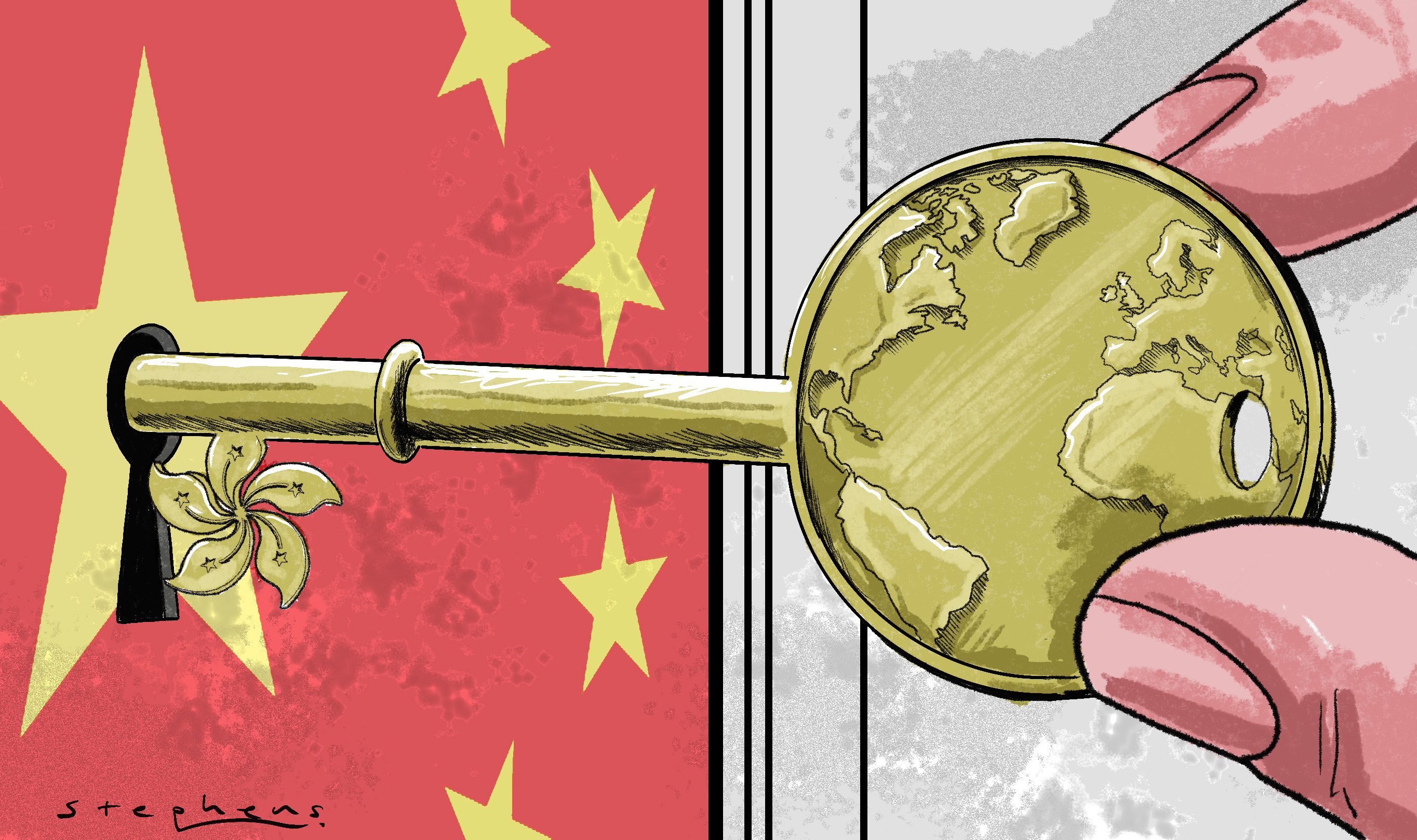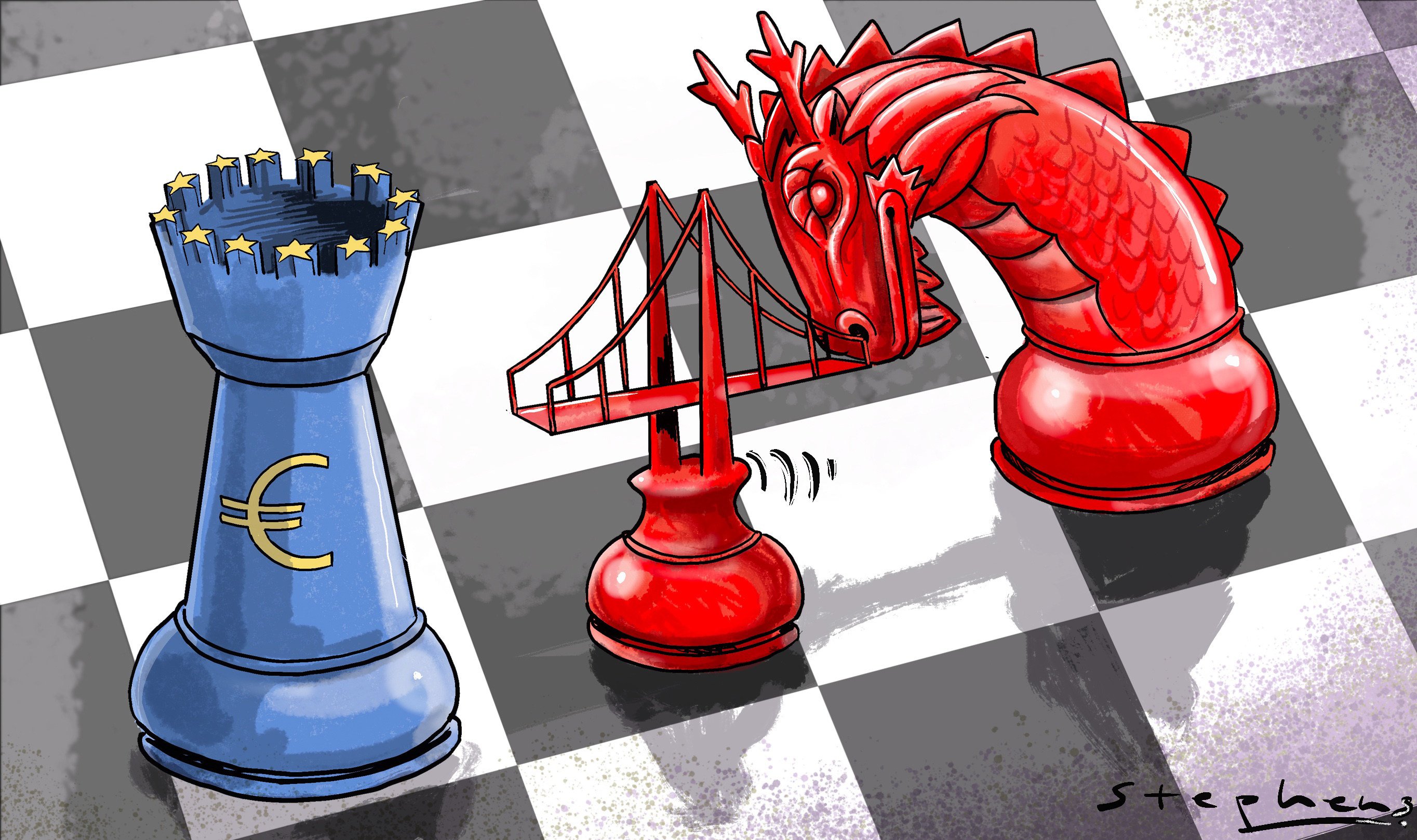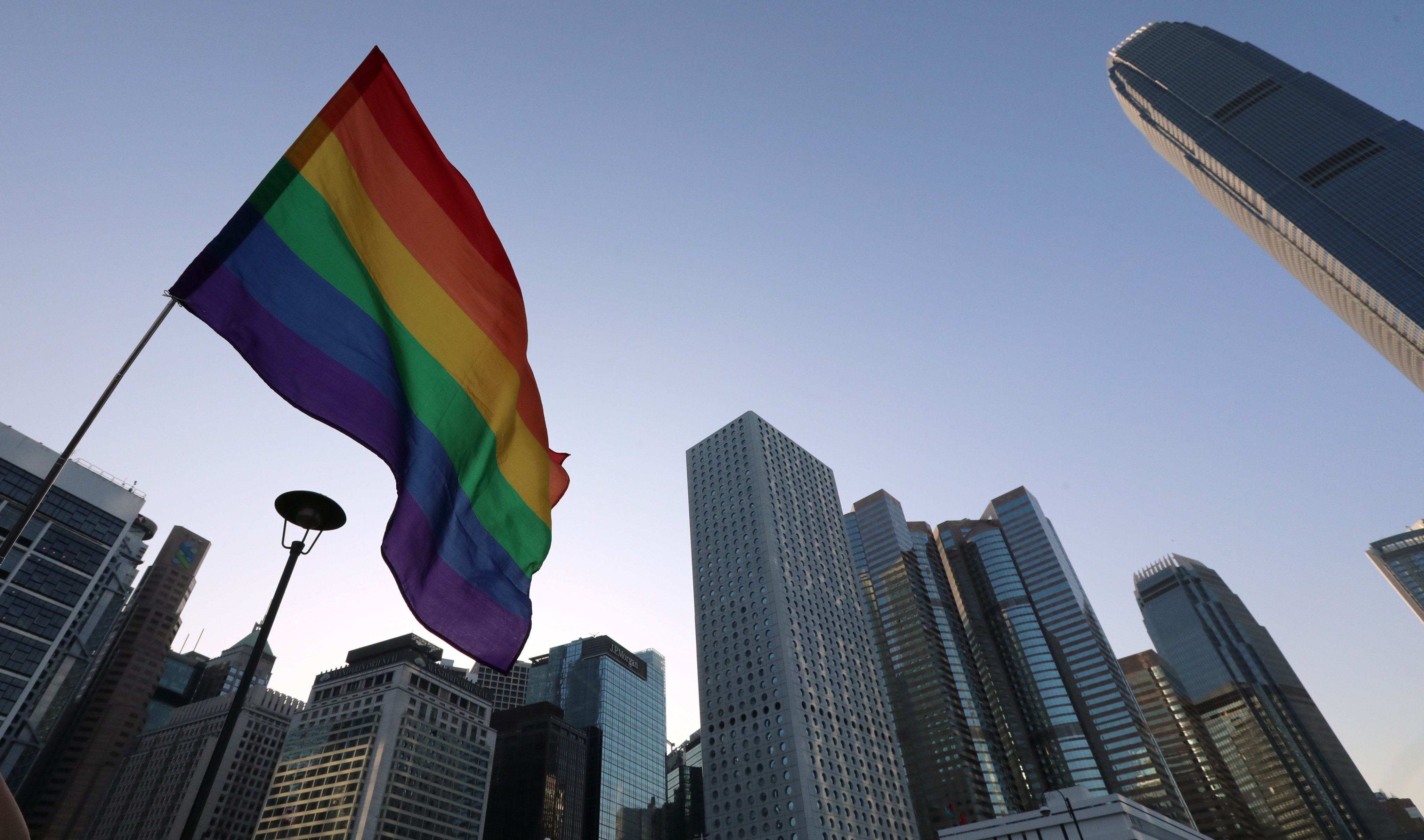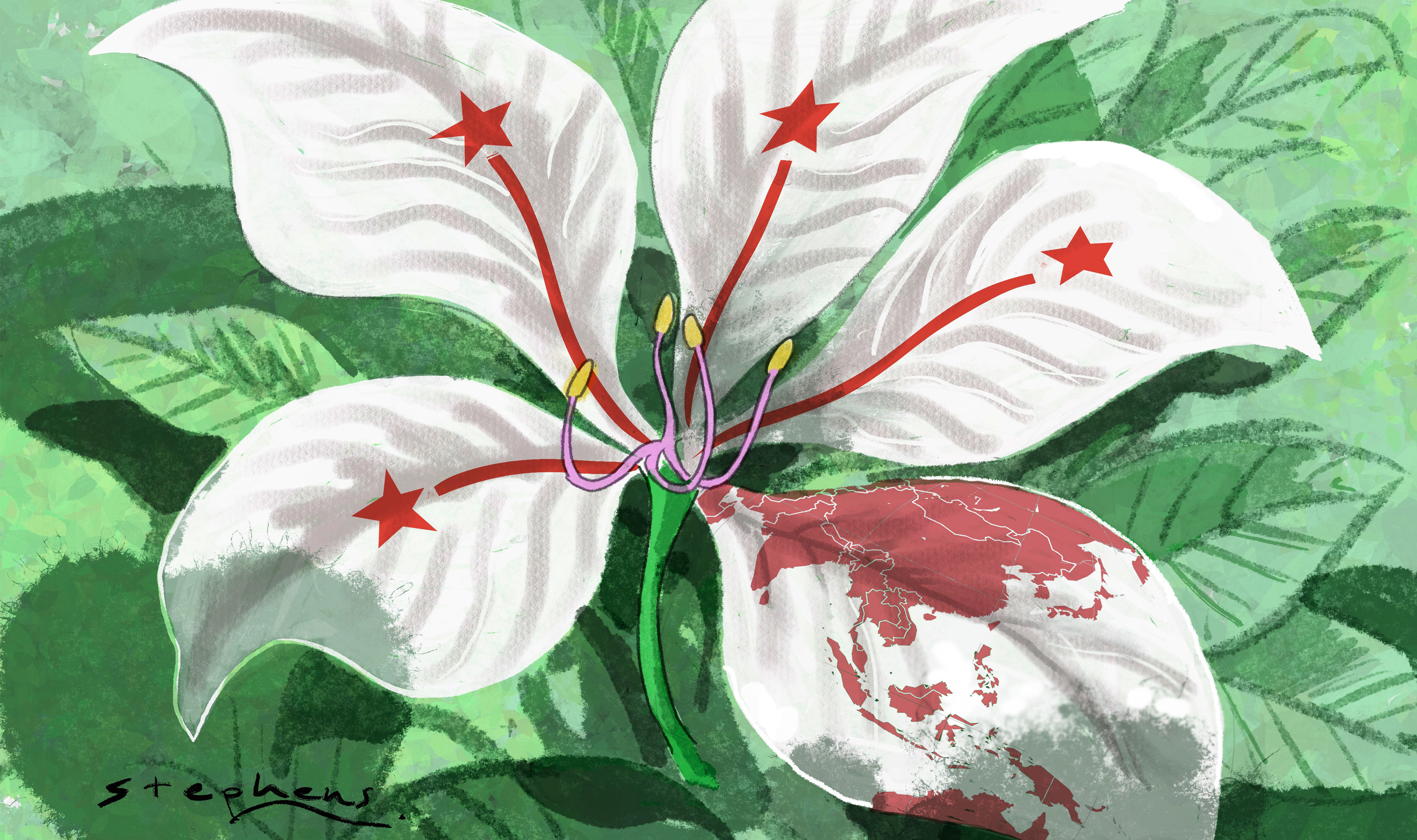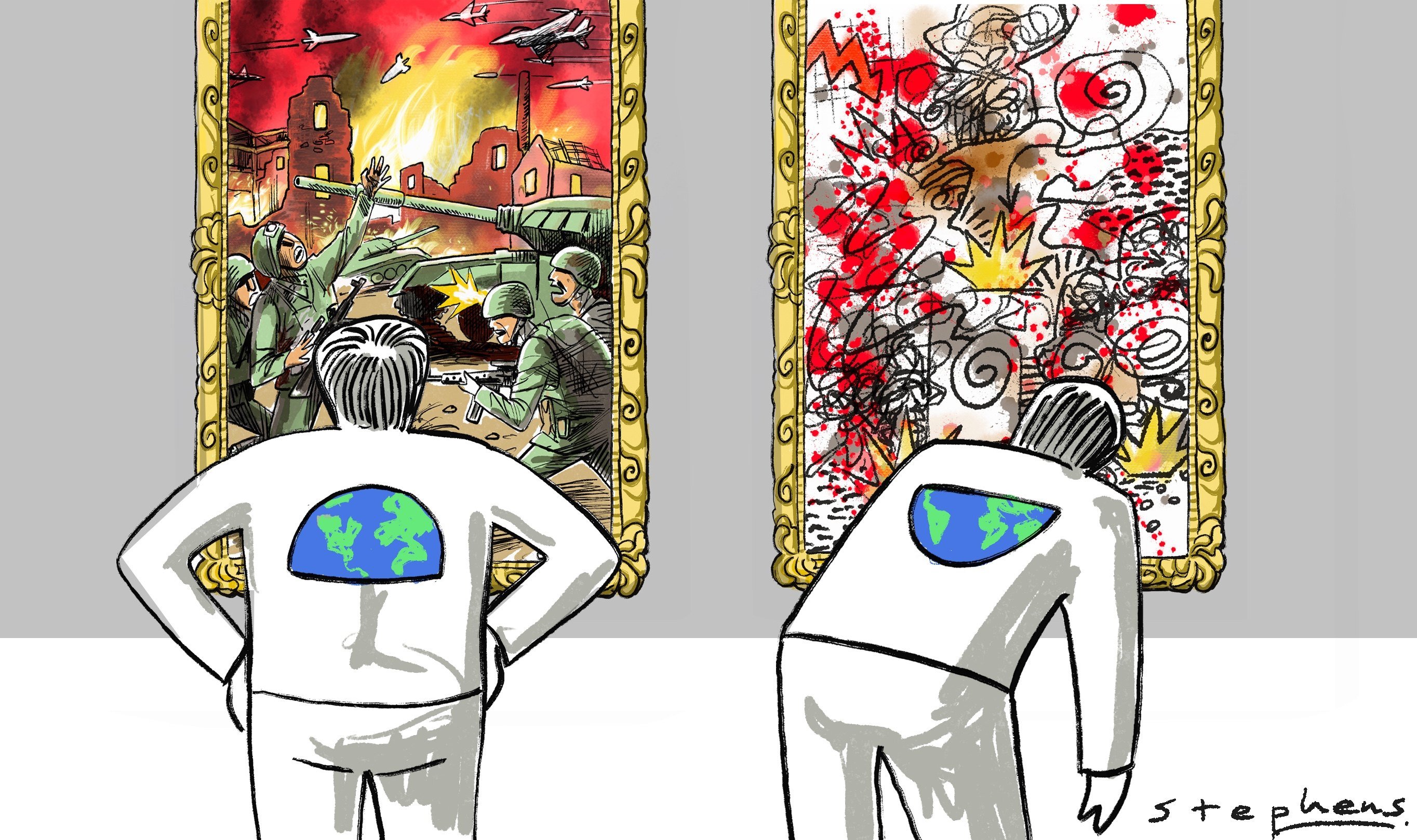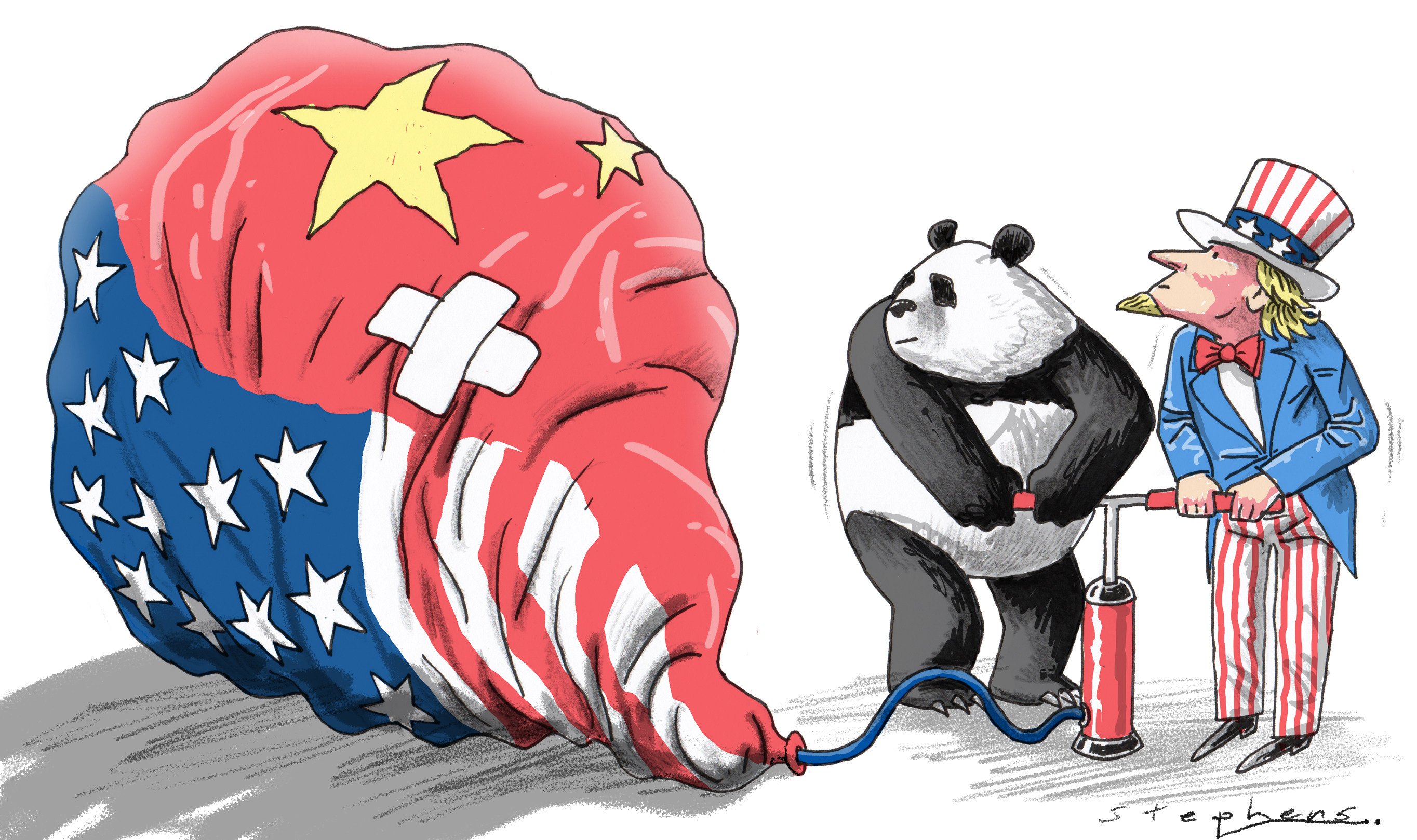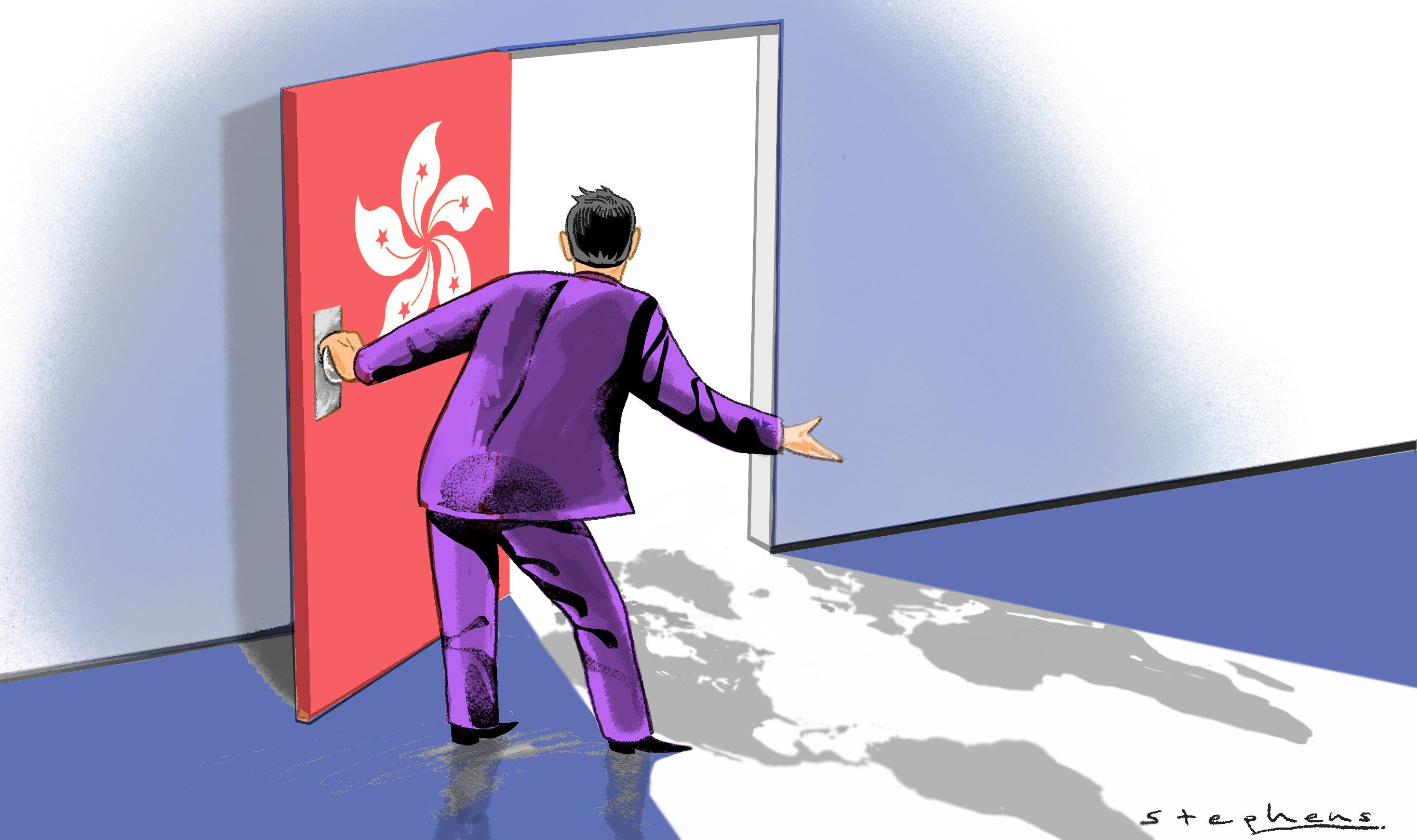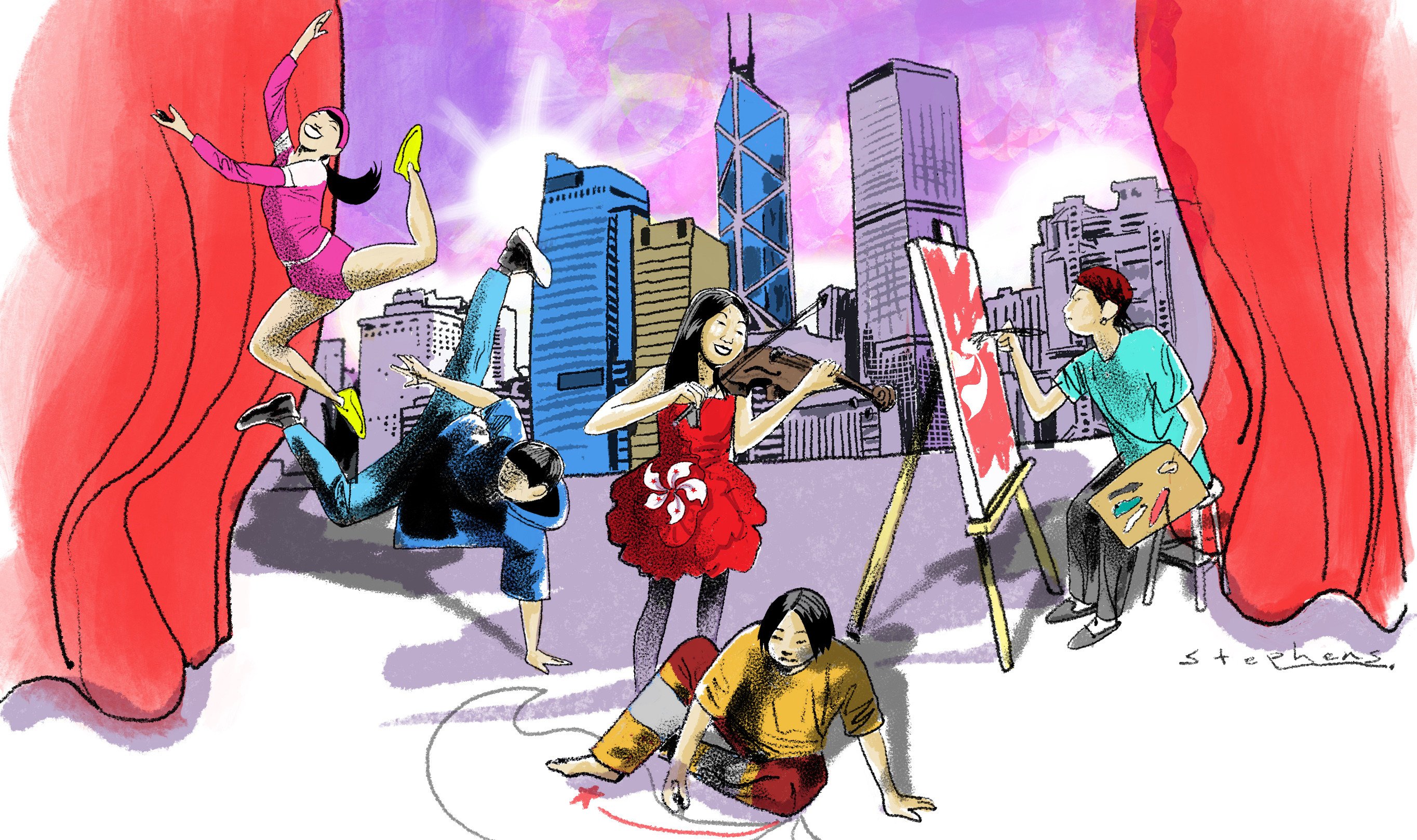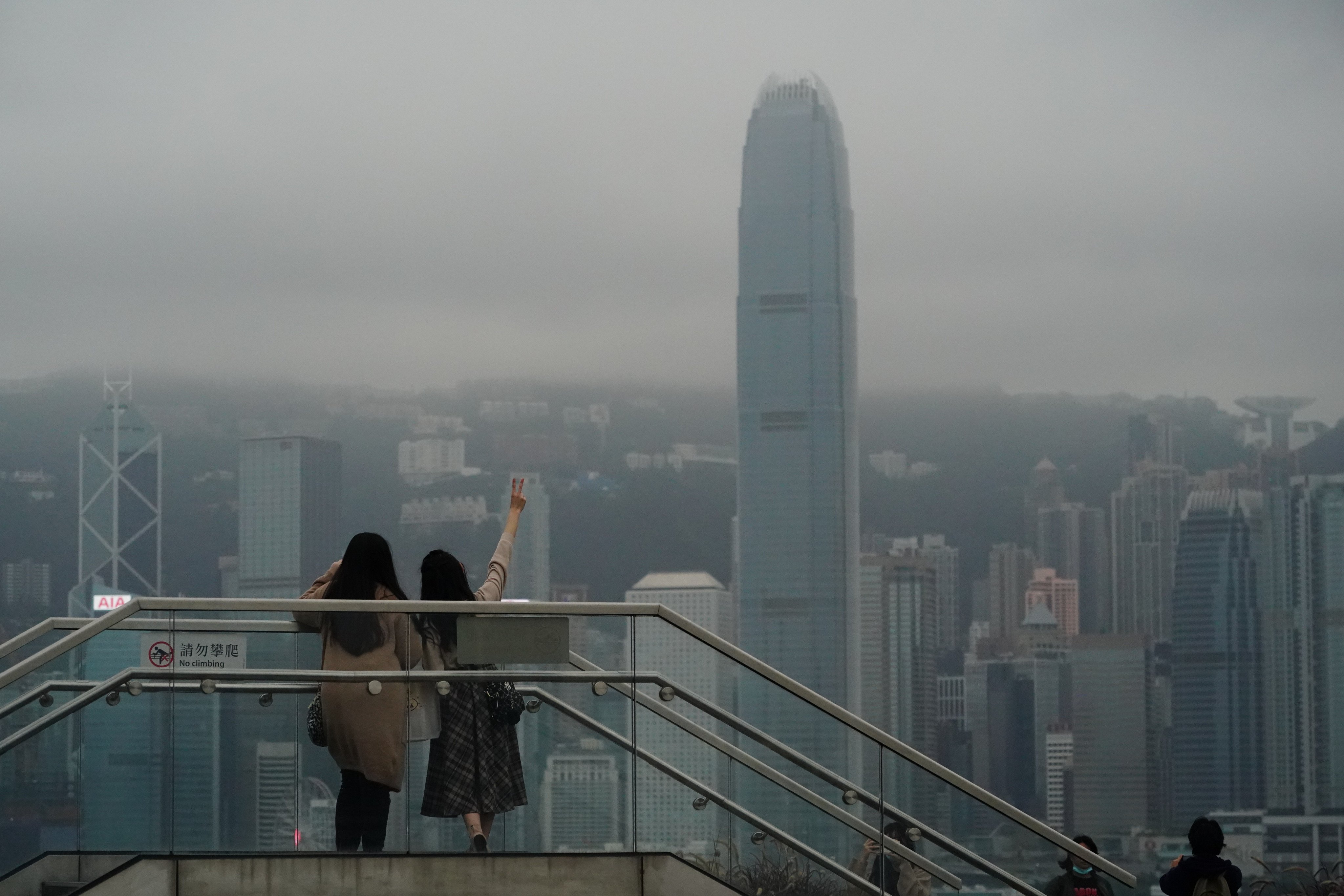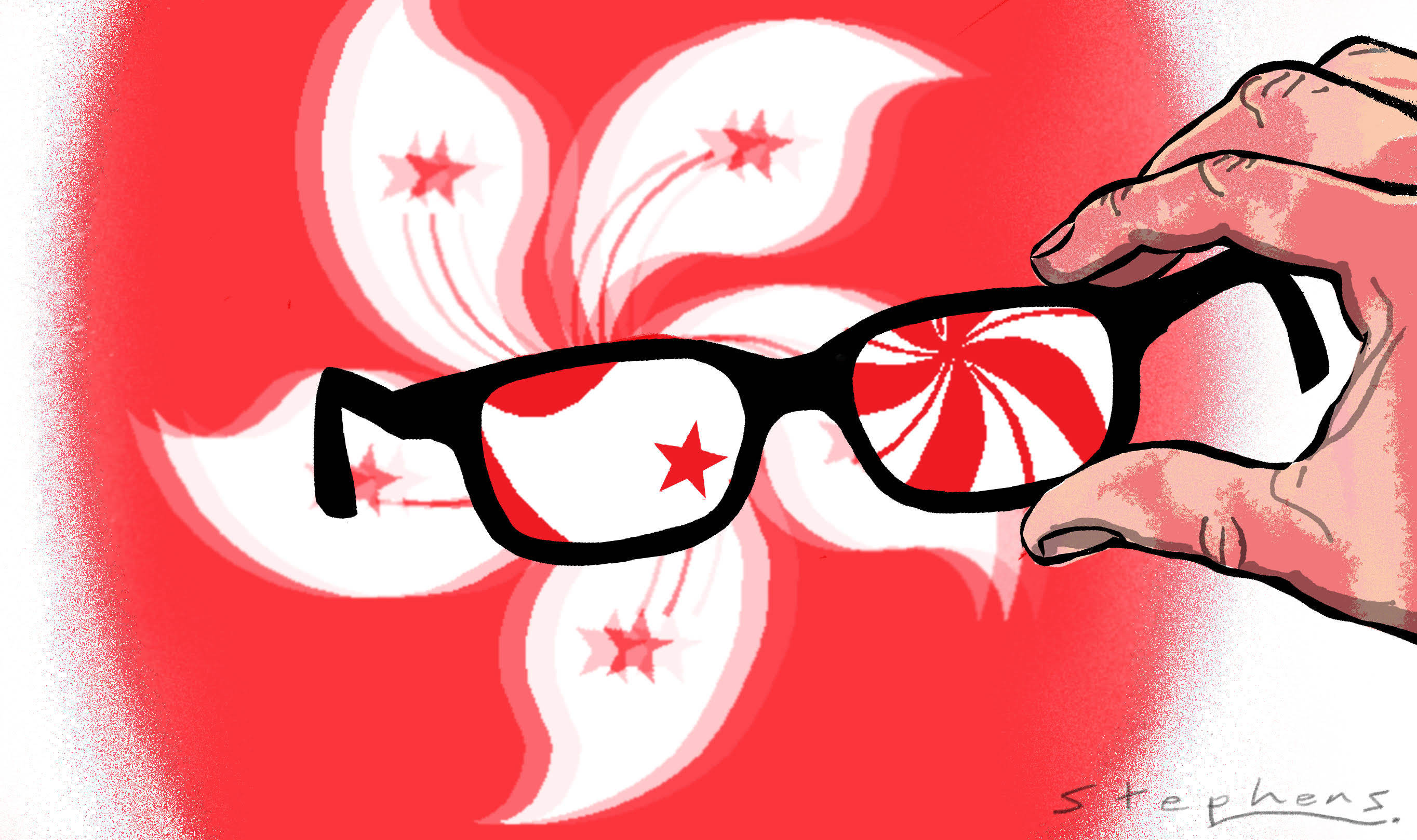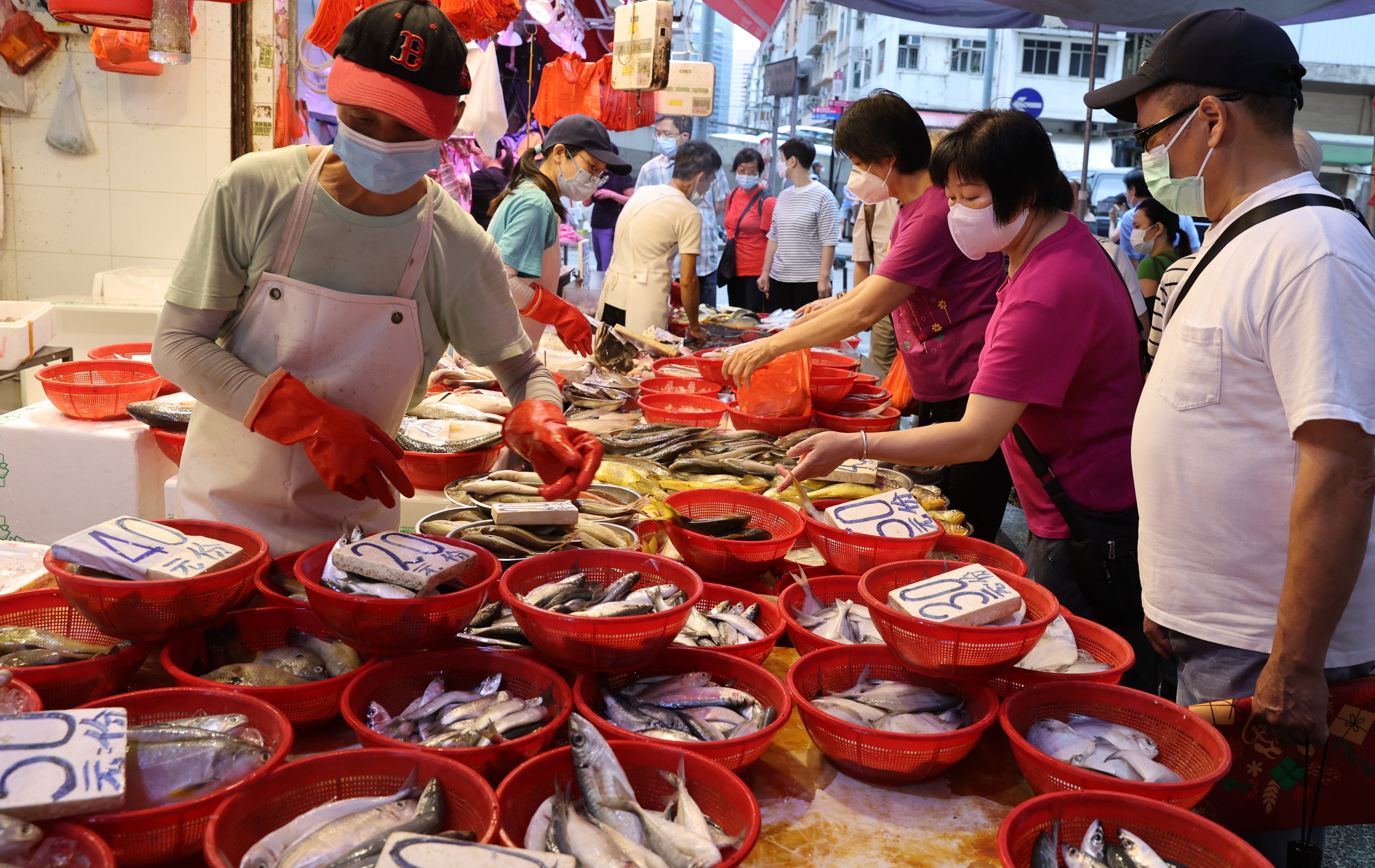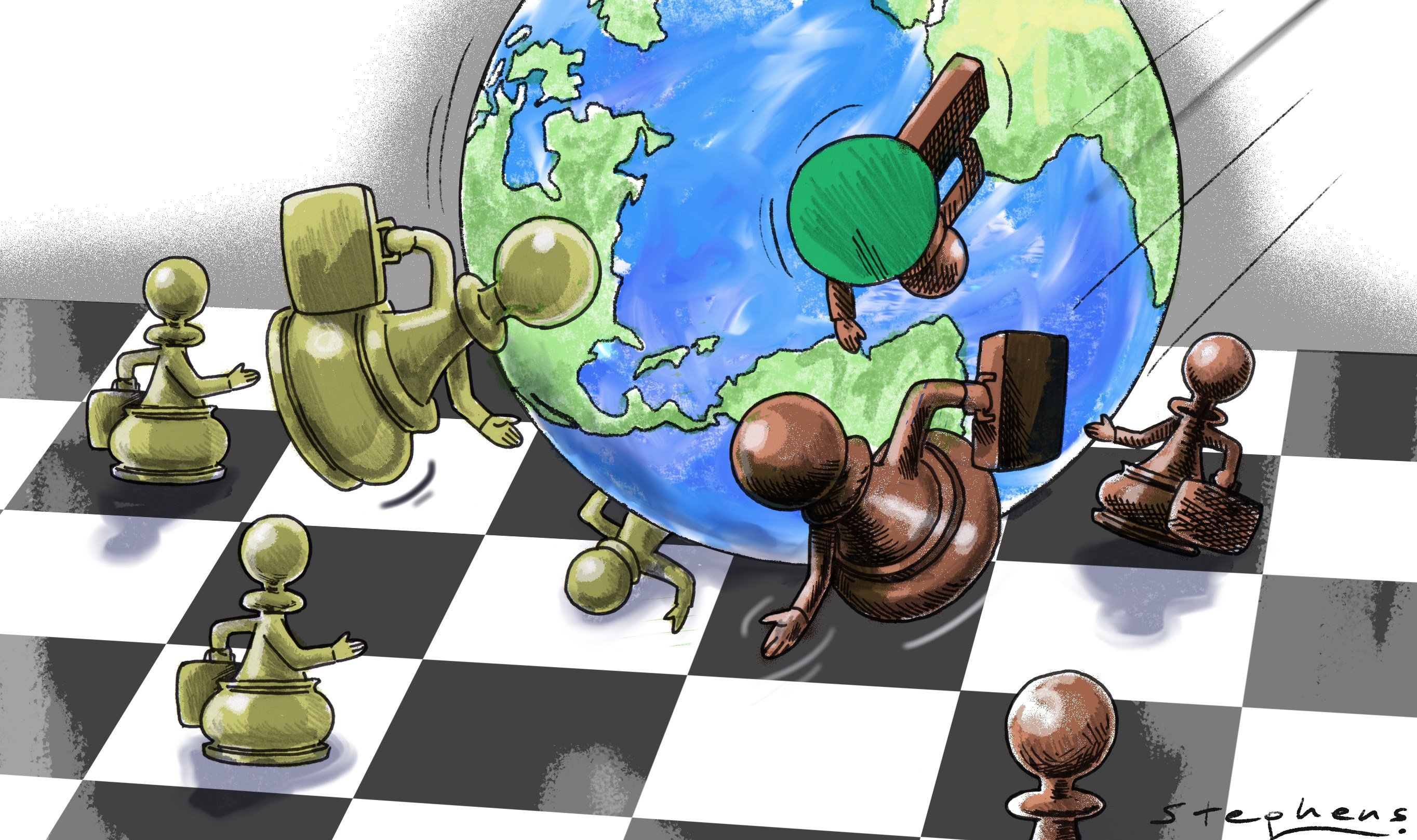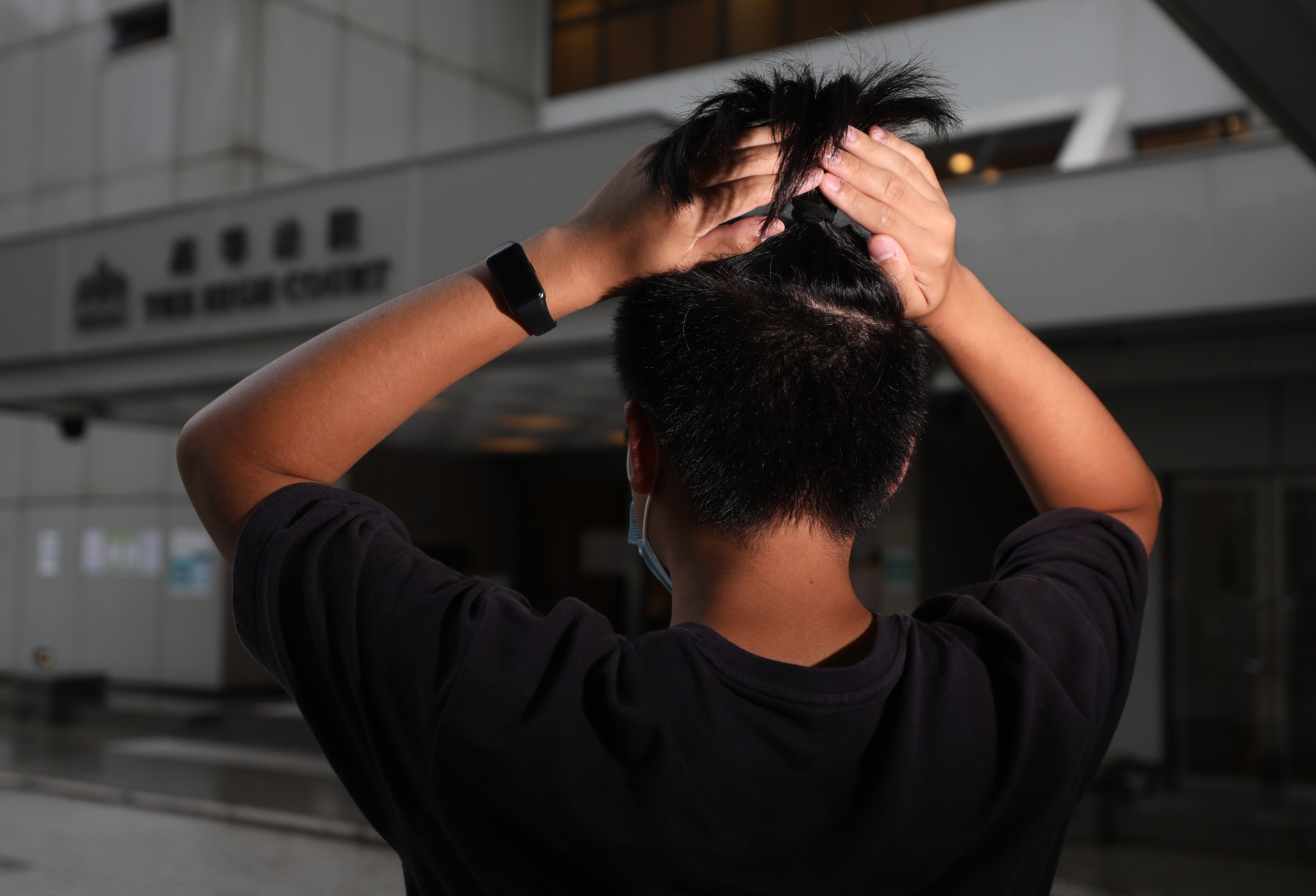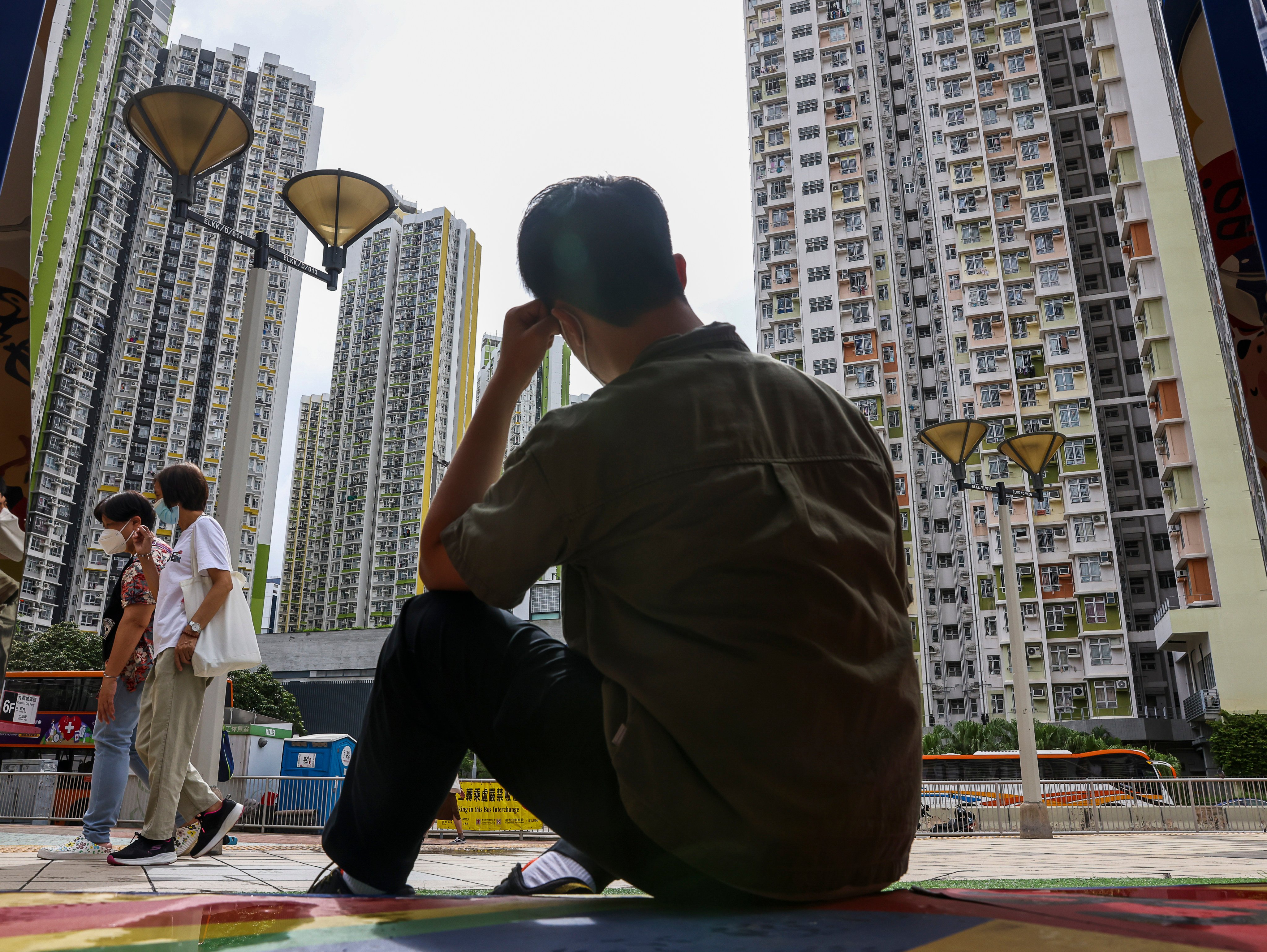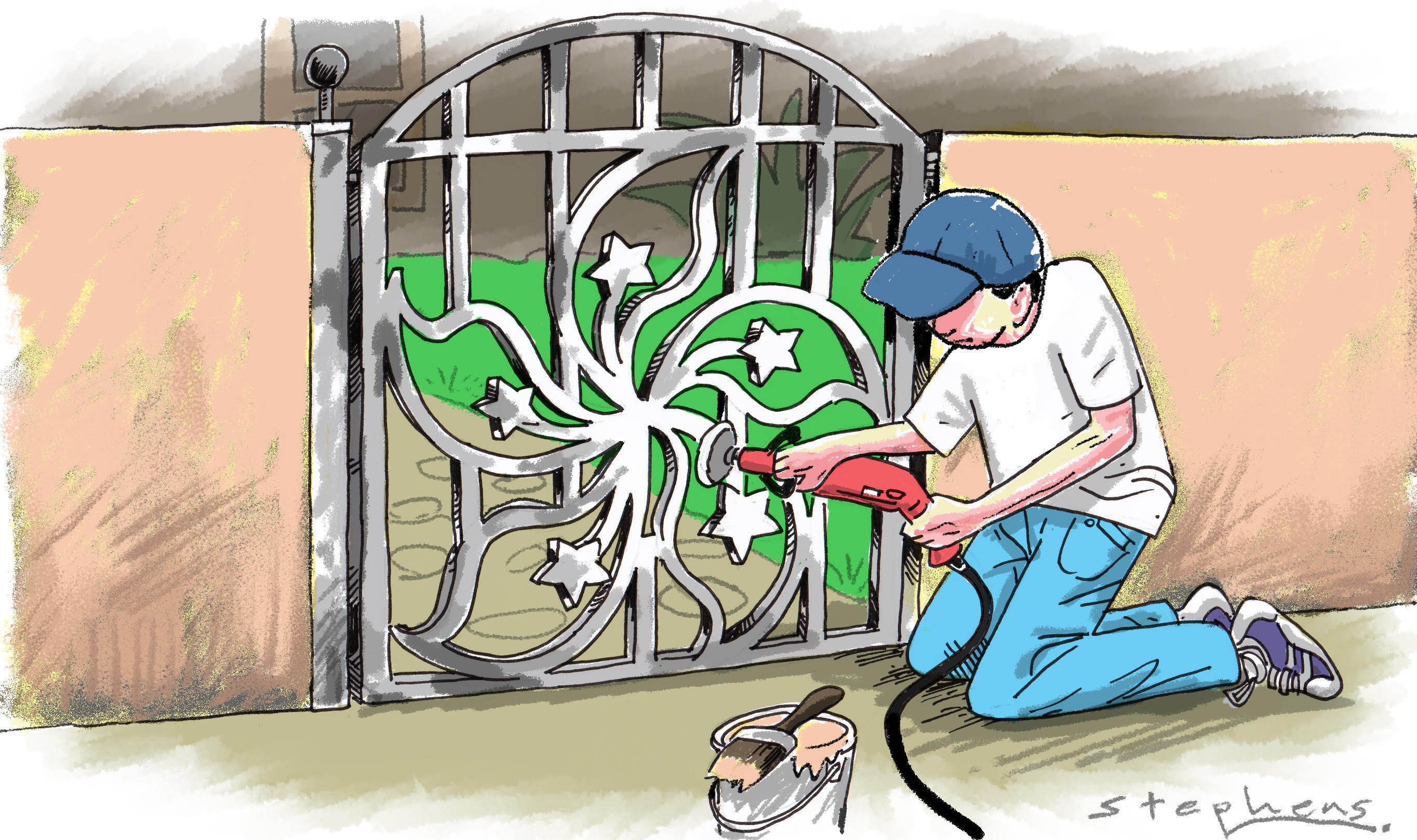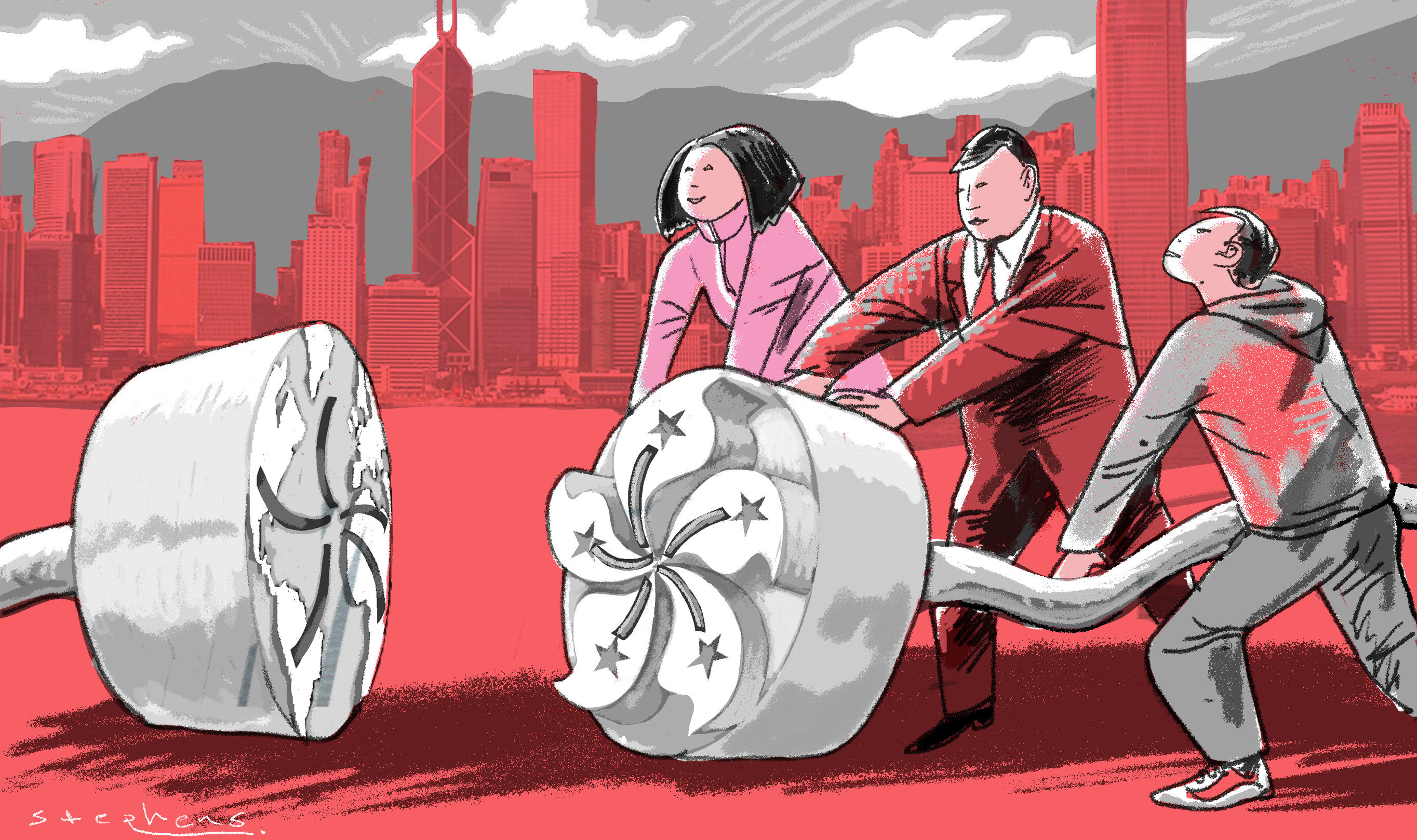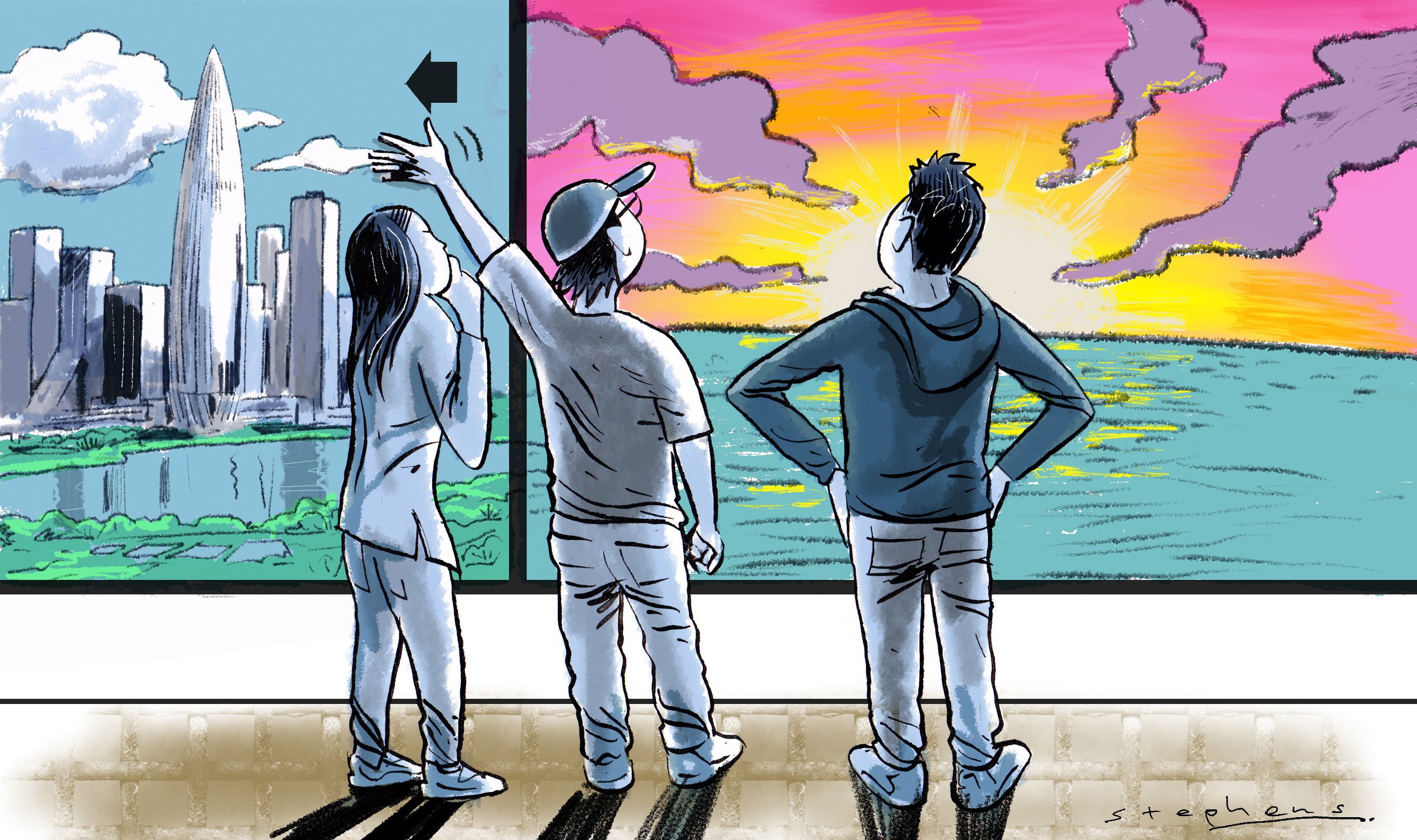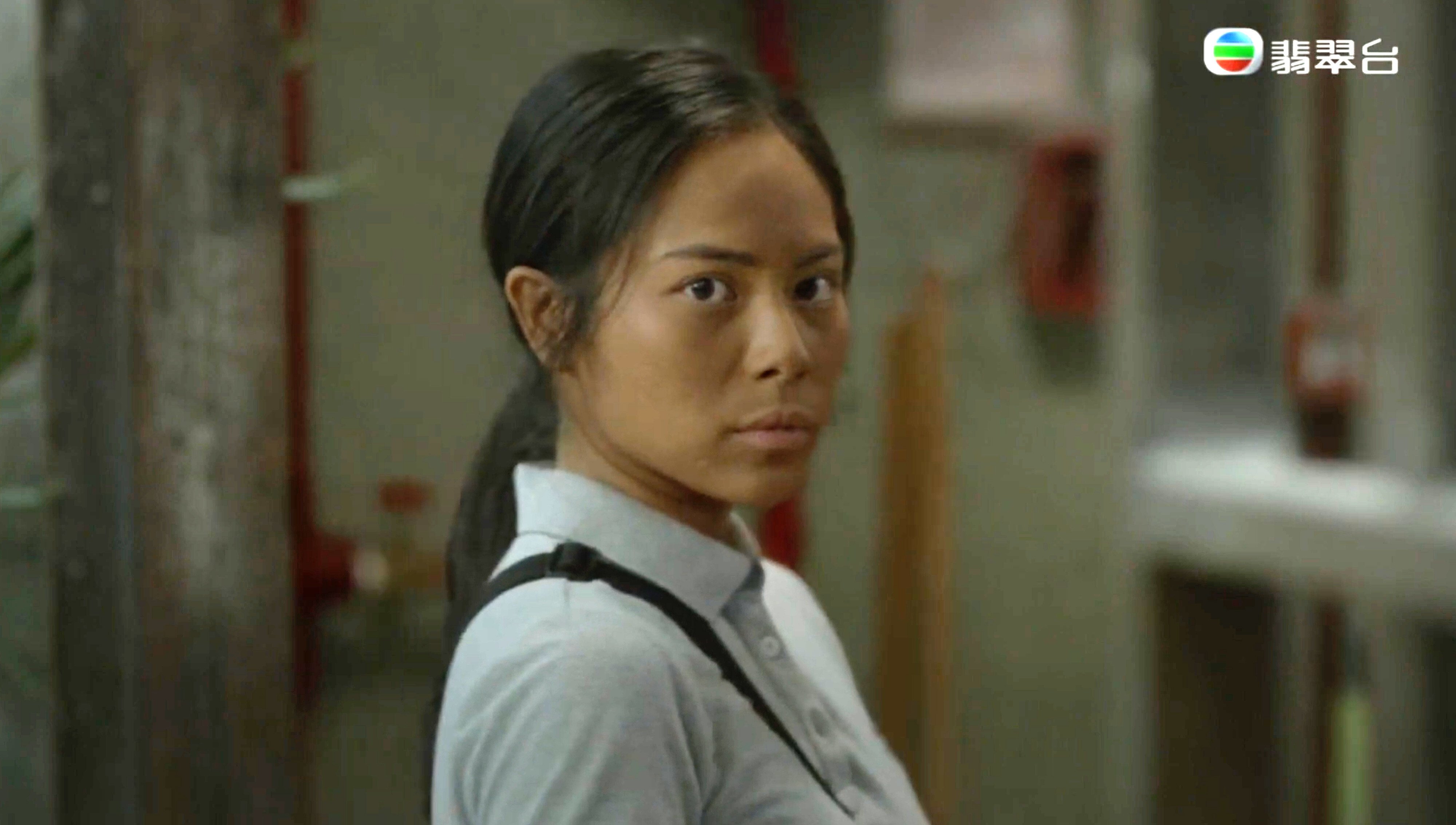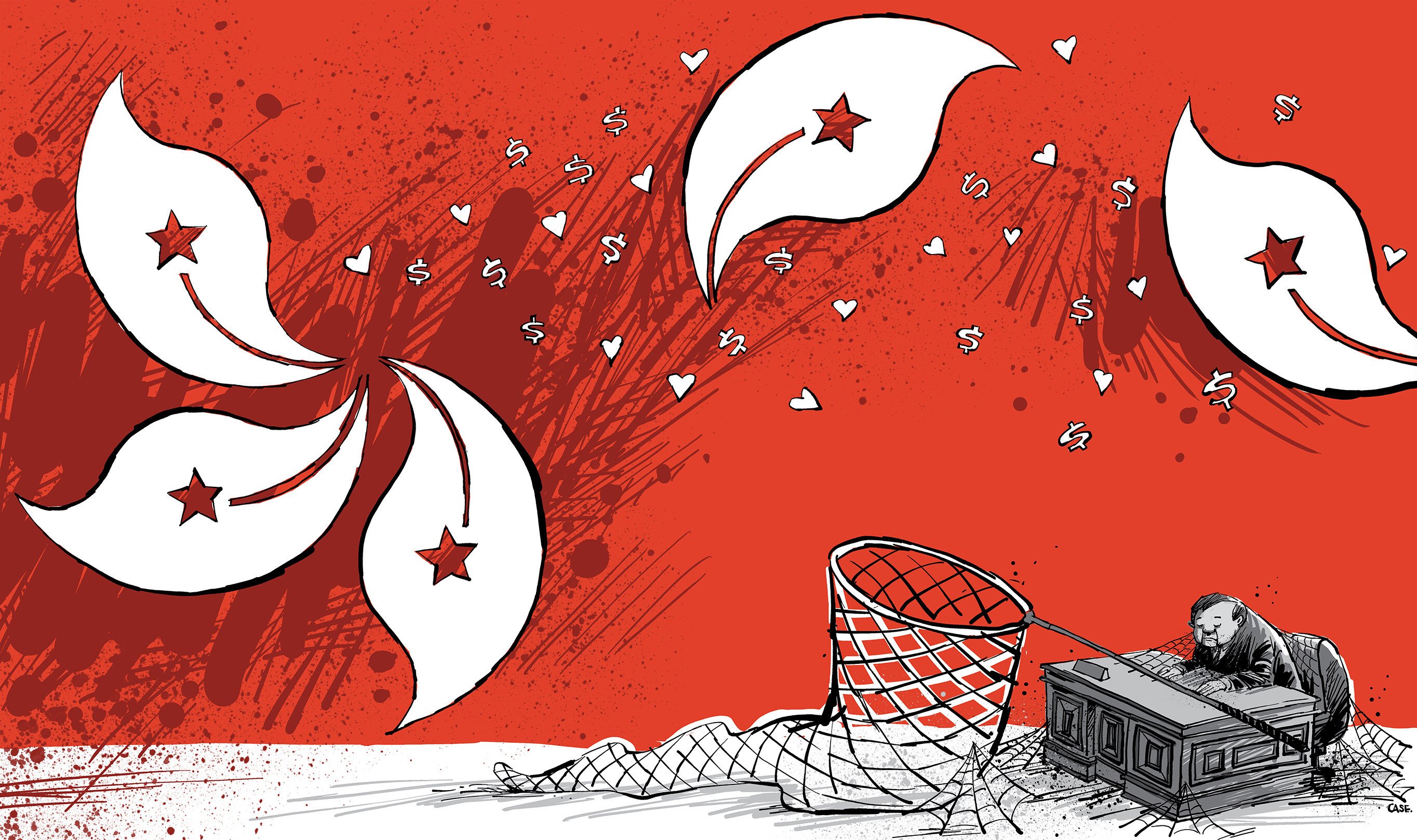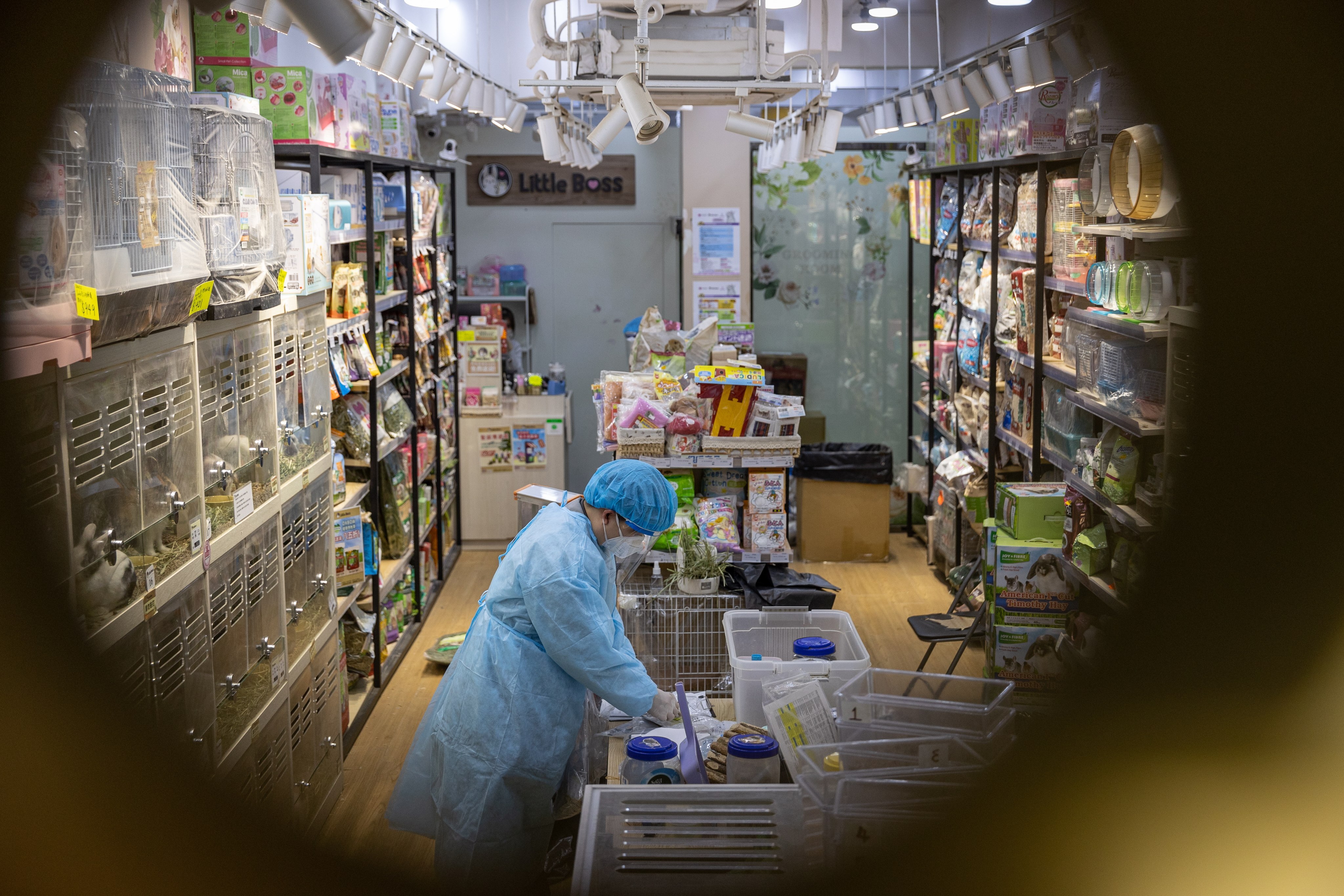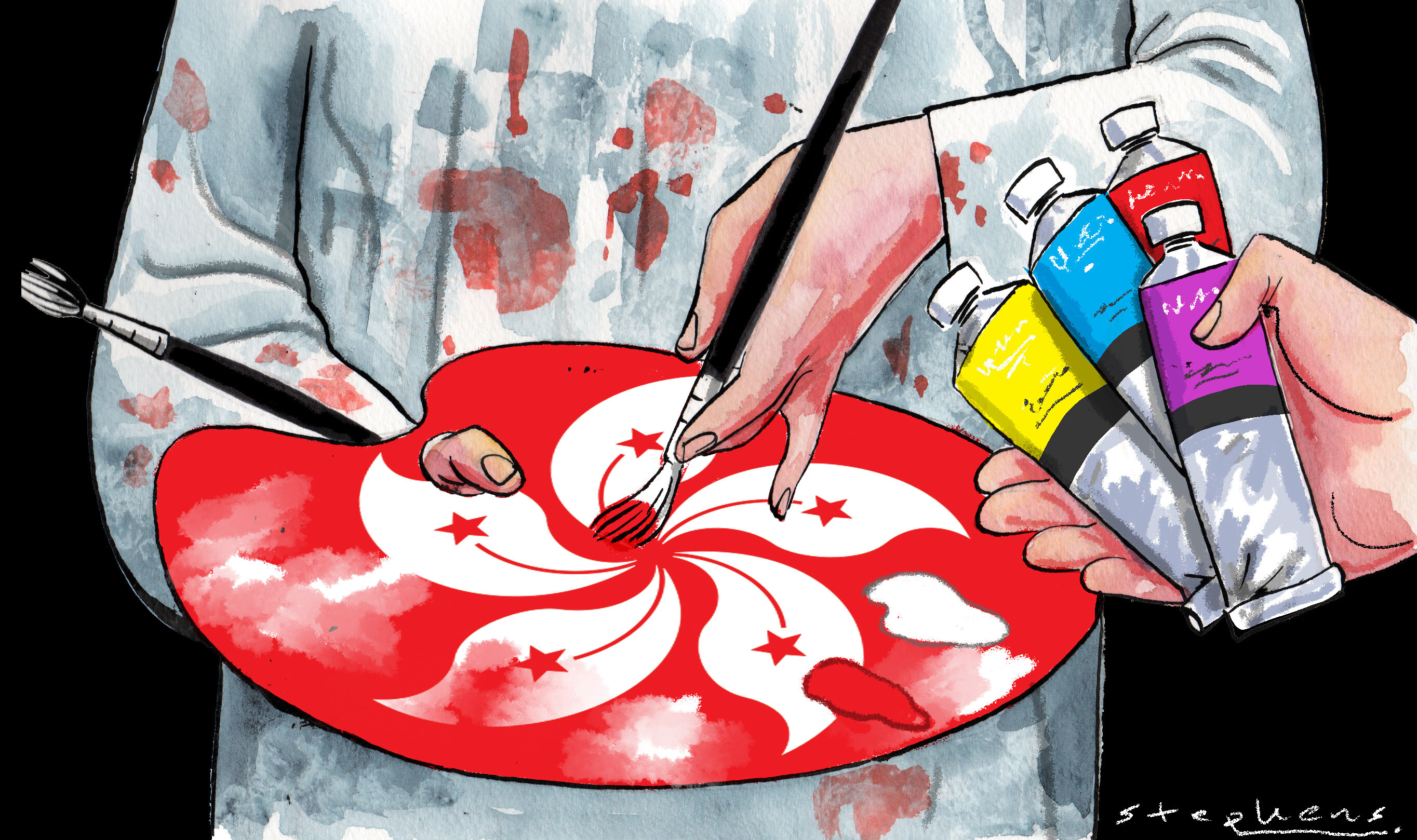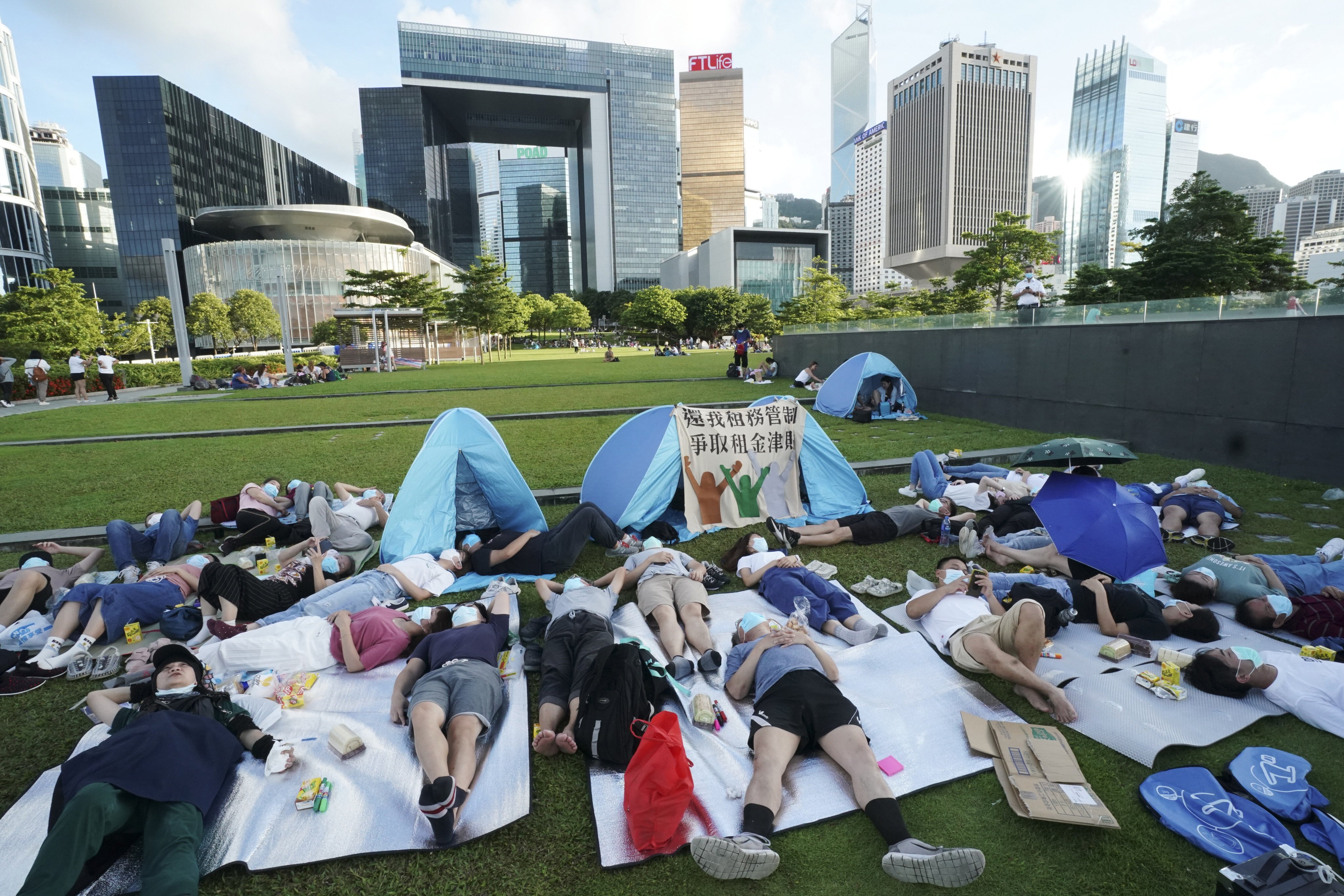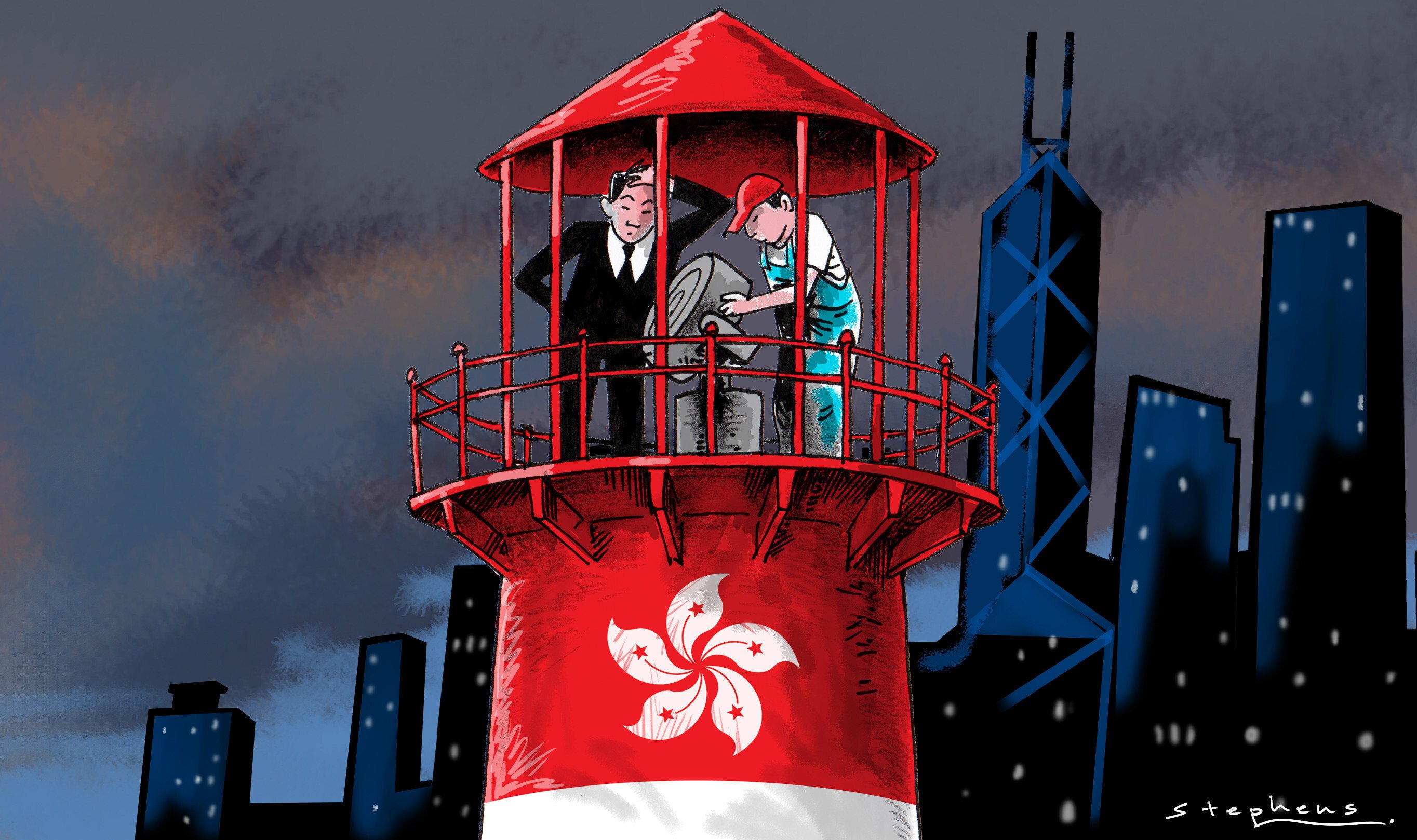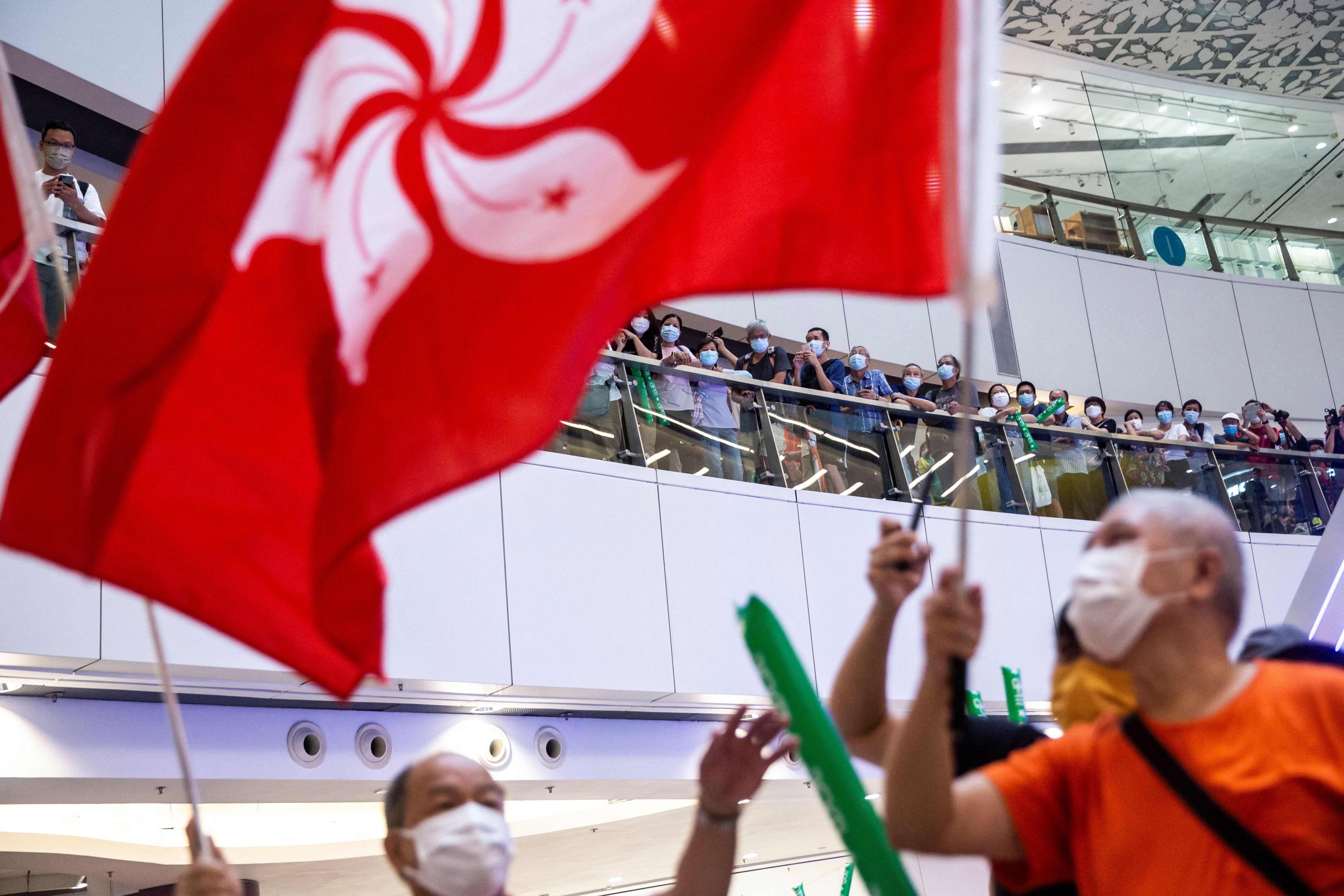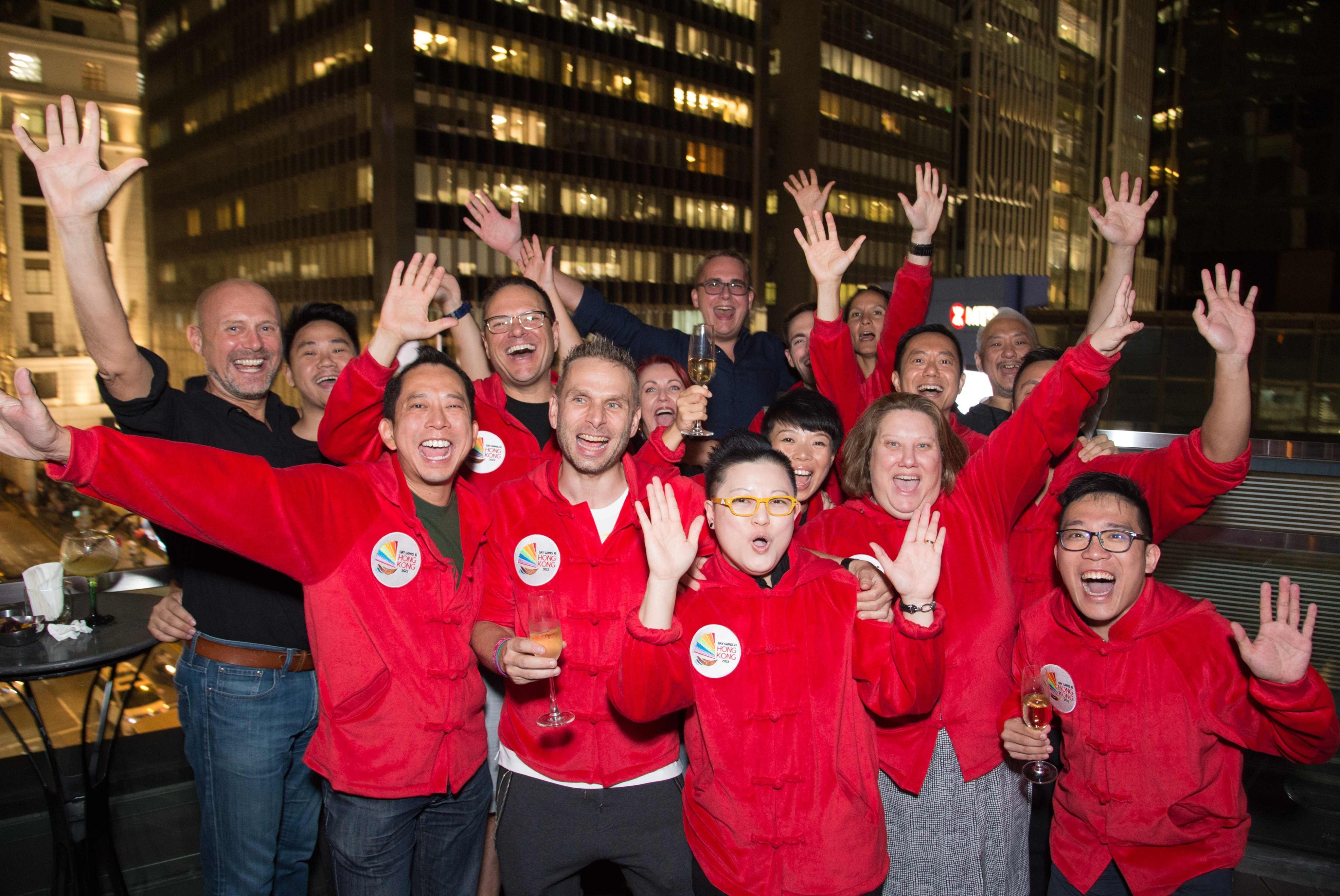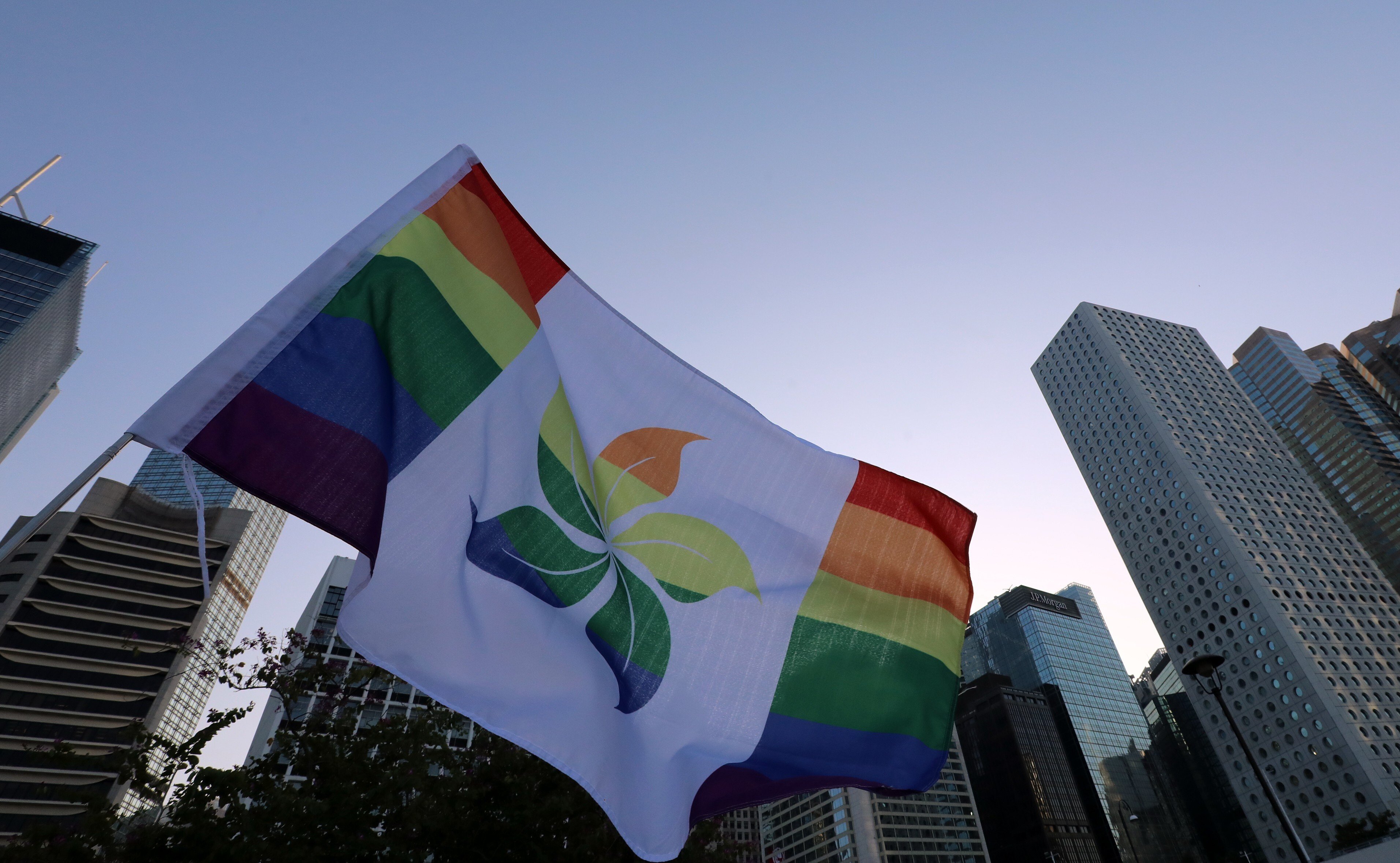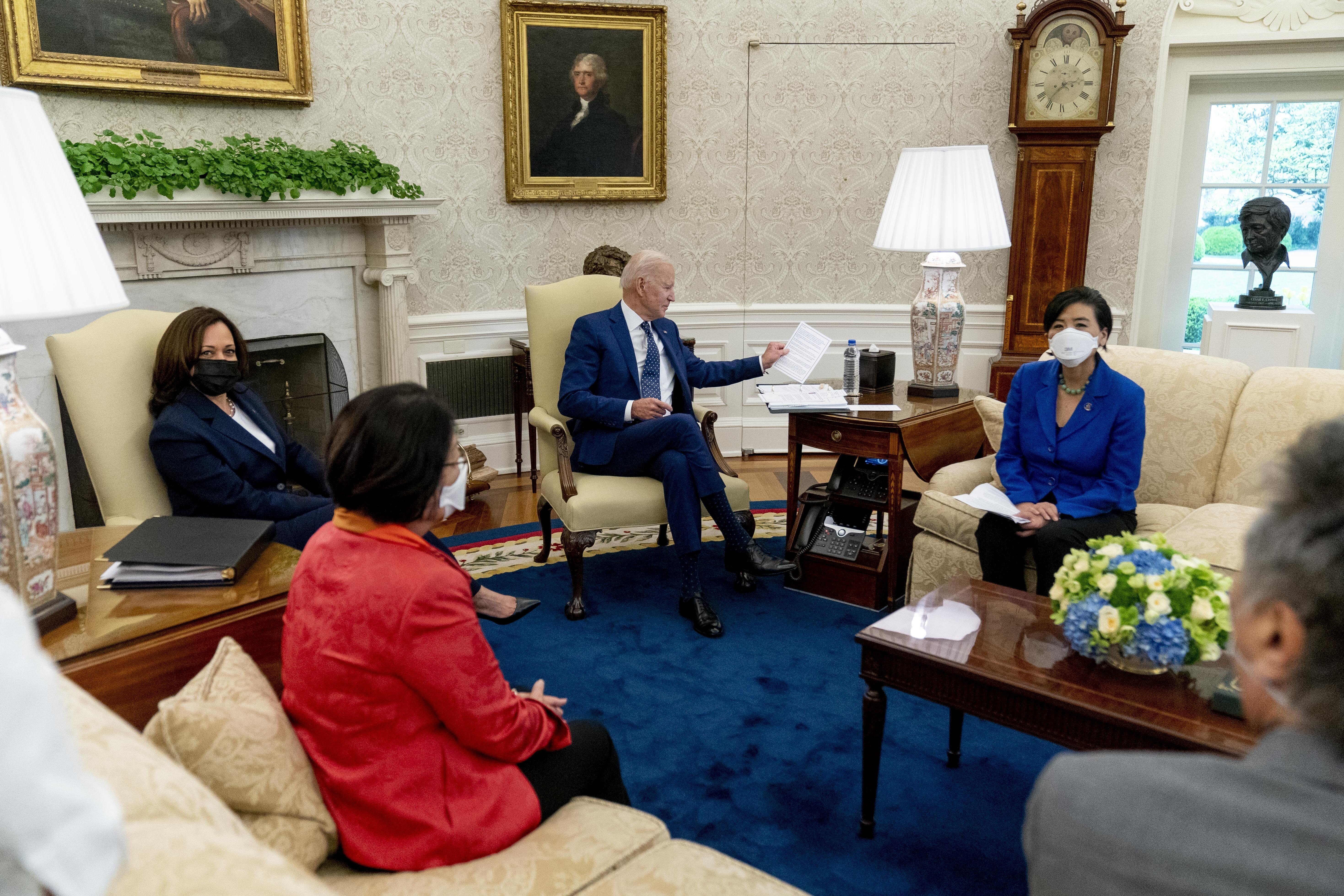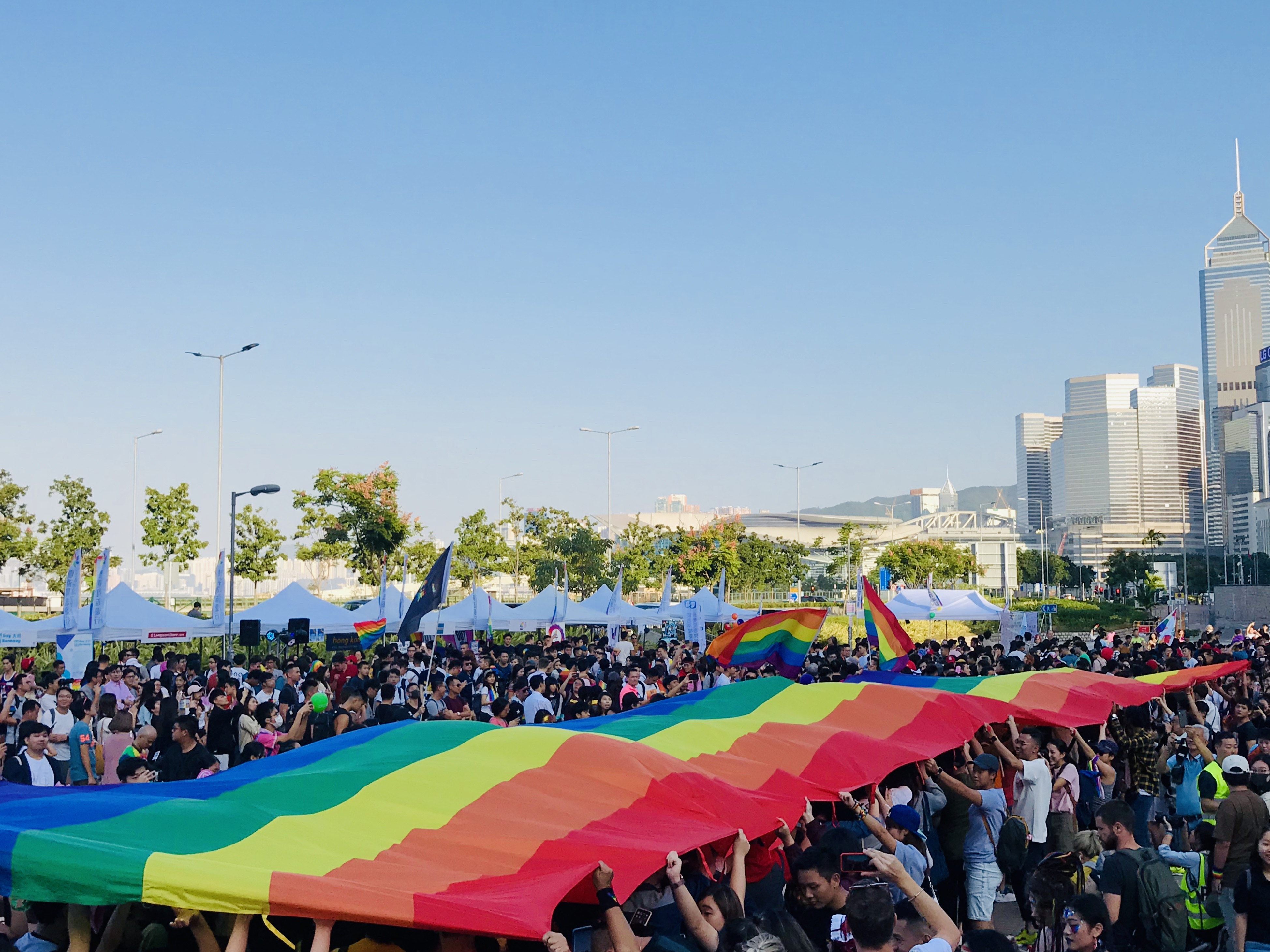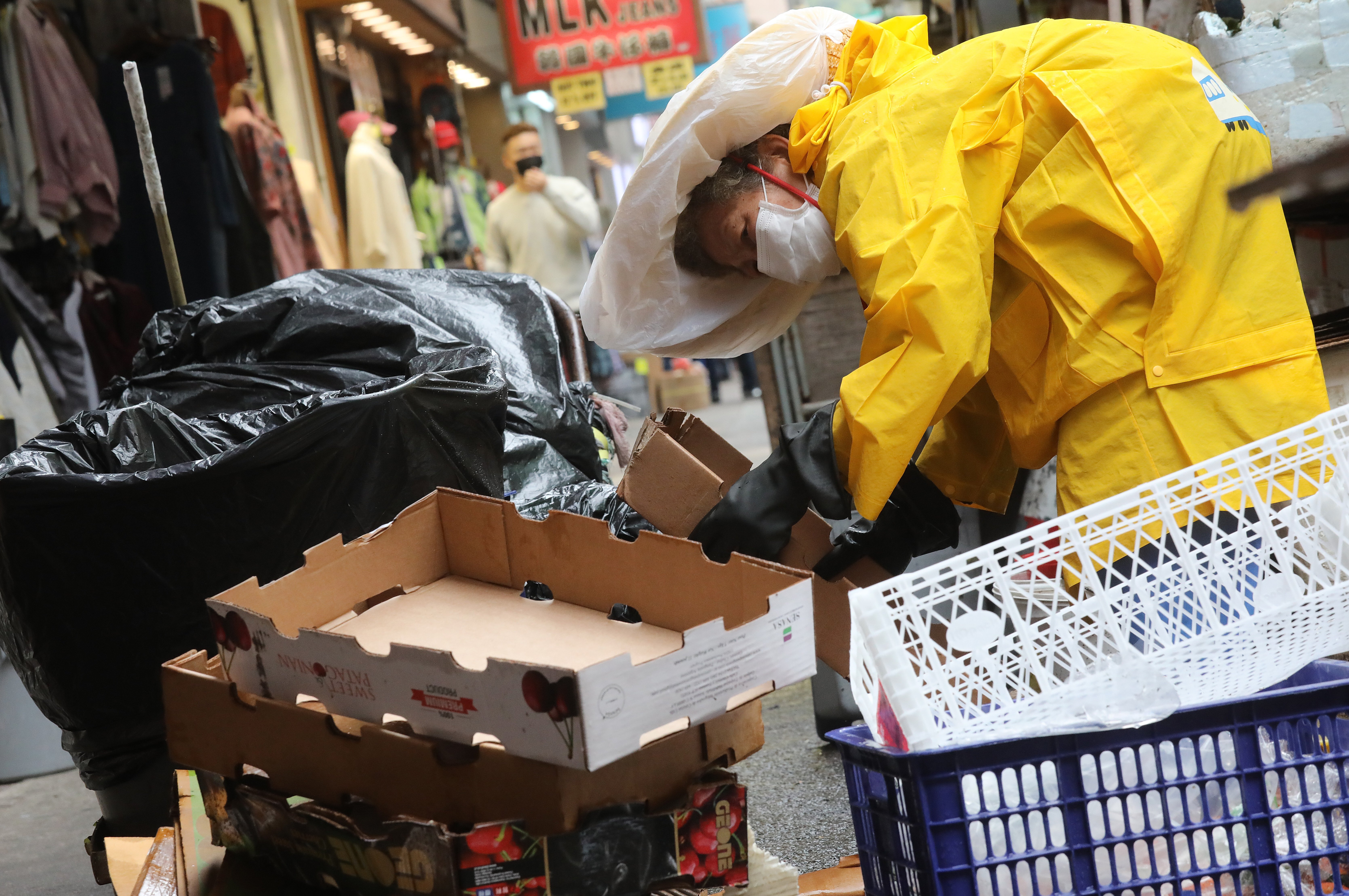
Seen as a bellwether of Beijing’s policy direction, Hong Kong’s authorities must present the right optics, meaning no decisions that hurt international confidence.
Some might argue that the EU does not matter to China, but the bloc’s diplomatic and trade heft means Beijing should work to improve relations. The EU serves as a critical counterweight to the US and its allies, is China’s second-largest trading partner, and a key pillar in Beijing’s vision of a multipolar world.
Closed-mindedness is not in keeping with Hong Kong’s role as a centre for international cultural exchange and a site of cultural experimentation and reform. Rather than more politicisation, the city needs to go back to what it does best – welcoming the world with open arms.
To seize the opportunities presented by its unique regional and global position, Hong Kong must improve its Asian literacy, think imaginatively about how it can reach out to developing countries and shed the inward-looking trend among some Hongkongers.
Focusing only on the combatants, Europe, Nato and China in any discussion on Russia’s invasion of Ukraine risks ignoring large parts of the world. Attitudes towards the war are complex and varied among nations in the Global South, and they should be part of the global conversation.
Officials must steer competition away from sensitive areas while moderates return to face-to-face backchannel dialogues. Crucially, both sides must stop escalating the vitriol and unpredictability.
Hong Kong’s success as a gateway city has always depended on its ability to connect not only with mainland China, but partners all over the world. Now, as the city reopens, Hong Kong must re-engage old friends in the West while forging new relationships in Asia.
The city needs a soul, a guiding vision to radically improve cultural education, reorient cultural policymaking and research, and genuinely broaden cultural exchanges.
There are many more reasons, of course, for Hong Kong to care. It can start by moving towards equal marriage rights for all, and proper healthcare and legal protection for LGBTQ people
Chief Executive John Lee’s first policy address showed the government understands its mission: bring back global talent, diversify the economy and cut policy inaction. But what is still missing is a sense of the values, principles and unique elements on which our city’s future success will be built.
Dry statistics and bland public relations campaigns are not enough to assuage criticism and concerns about Hong Kong’s status. The best way to improve the city’s image is to let ordinary Hongkongers be its voice and tell the story of the city they love.
The business world can no longer ignore geopolitical trends as supply chains are diverted, markets are marred by red tape and companies are forced to take sides over contentious issues. Businesses will need to be prepared to navigate this fraught new geopolitical landscape.
Arbitrary school rules like short hair for boys deny young people the chance to develop their identities – which is what education should be all about. As a society, we must recognise that it’s possible to champion inclusivity and self-expression while still being mindful of tradition.
Targeted vocational training and education would give low-income youth more options, while helping the city’s re-industrialisation policy. For far too long, the economy has depended on a rather narrow range of sectors and it has led to a frustrating lack of social mobility.
To those who assert that Hong Kong is dead, that it’s high time to leave, I say: this is my home and I’m not going anywhere.
Shouting slogans and patronising preaching will not fix what ails Hong Kong after years of international isolation. The city needs to reopen to the world, address concerns about the erosion of institutional and legal freedoms and reclaim its place as Asia’s cultural capital.
While the Greater Bay Area is an important part of Hong Kong’s future, it is not necessarily the right answer for every young person in the city. There are also opportunities to be had in major mainland cities, rising inland provinces, Southeast Asia and the wider world.
The controversial TV episode is only the tip of the iceberg of the city’s failing of residents from ethnic minority communities. Hong Kong’s treatment of domestic workers, Chinese language learners and others shows talk of equality and reform remains lip service at best.
Local and overseas talent are crucial to our city’s prosperity; to keep them, the government must nurture new spaces in which both enterprise and culture can flourish. Most importantly, it needs to end the bureaucratic inertia that has left many struggling to survive during the pandemic.
More than half of all secondary school students in Hong Kong have experienced depression, yet most are unlikely to seek help. Improving services for individuals is vital, but only by addressing structural biases and stigmatisation can we get to the root of the mental illness epidemic.
We must not forget there is a human cost to Hong Kong’s pandemic response, which can be taken seriously without compromising the quest for zero Covid. The pain of Hongkongers, from Covid-19 patients to restaurateurs and pet owners, must not be overlooked.
More must be done to translate Hong Kong’s unique culture into soft power for the city and the country. The city is uniquely positioned to articulate another side to China’s story, one that complements the cultural vision projected by the mainland.
The government should diversify the economy to create more fulfilling jobs with decent pay. Remote areas need to be developed, and broader worries afflicting impoverished youth must be addressed, including mental health and discrimination.
The city is now divided into those who support the political changes in the aftermath of the protests and those who mourn the loss of the Hong Kong they once knew. However, it is in everyone’s interests to keep ‘two systems’ alive.
We should heed the words of Xia Baolong: the city needs officials who can contribute to China’s progress by uniting Hongkongers. The rise of boy band Mirror and the performance of our athletes have shown it is possible, however briefly, to bridge the political divide in Hong Kong.
Hosting the Gay Games has the potential for a large economic windfall and a morale boost after several difficult years. Also, while most Hongkongers support legalising same-sex marriage, hosting the Games does not amount to an endorsement of marriage equality.
Hong Kong has a mixed record on trans rights, which is a shame, given its status as an international city. Even putting aside the well-being of trans individuals, legal protection is integral to restoring Hong Kong’s attractiveness to foreign talent.
The dangerous myth that Asian-Americans ‘have it easier’ because of their work ethic and studious culture erases the suffering and predicaments of Asian migrants.
For politicians seeking to spark hope, there are few better ways than enacting laws protecting same-sex couples. We have a vibrant gay scene and an administration that is, on balance, more openly tolerant of LGBT individuals than many in the region. We should consolidate our advantage.
To address Hong Kong’s yawning inequalities and lagging competitiveness, we need leaders who can competently reconcile Hongkongers’ interests with those of China as it continues to rise.

